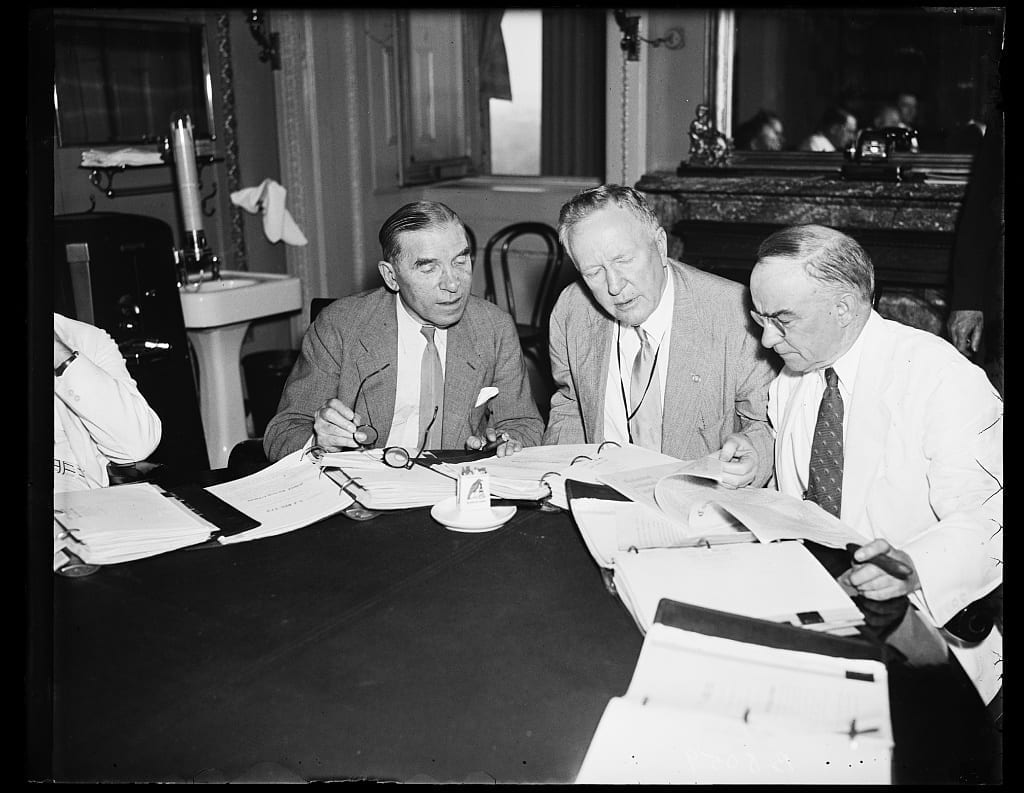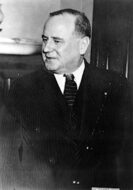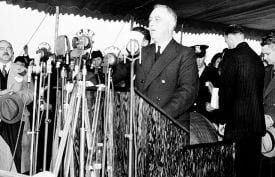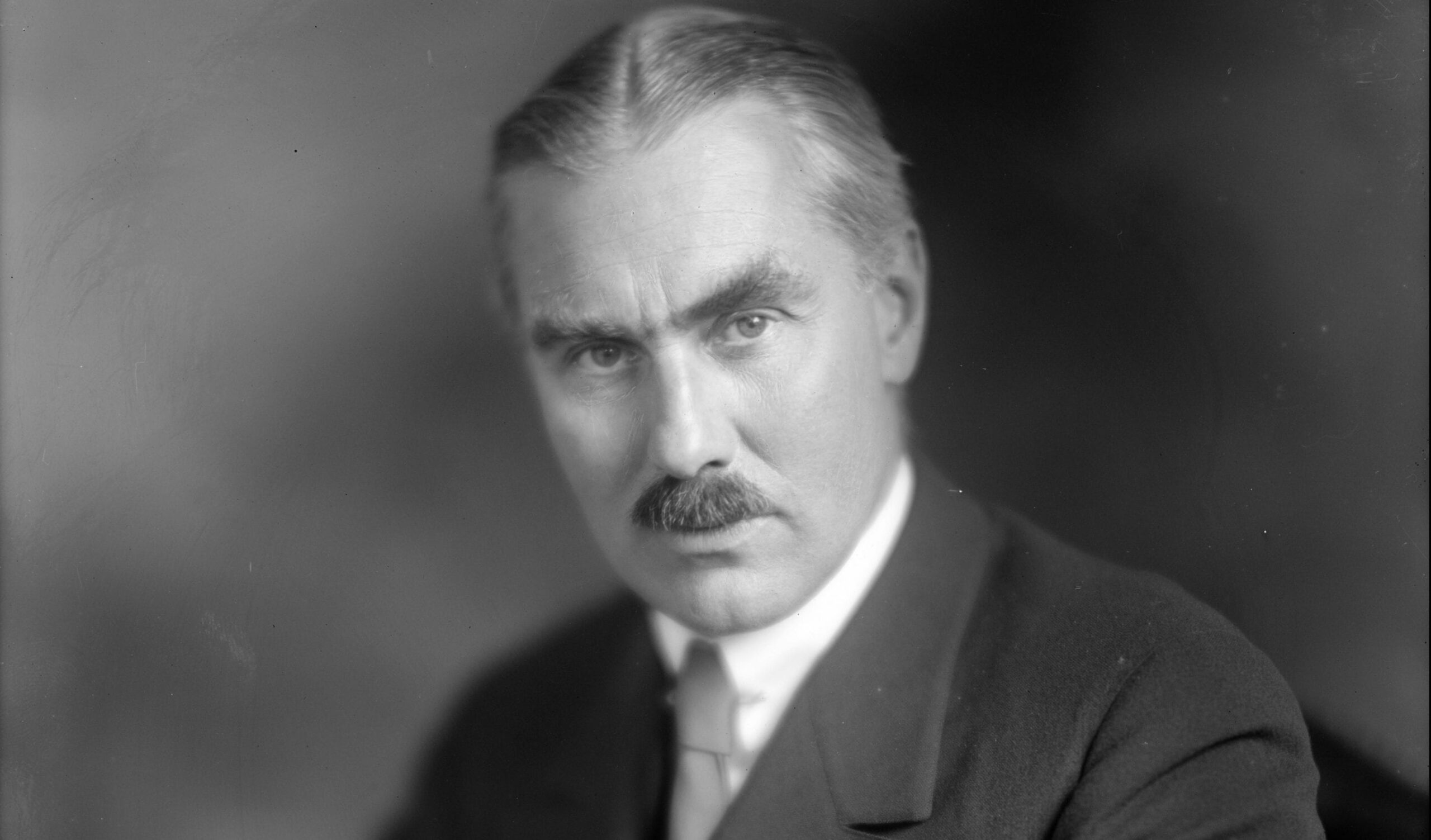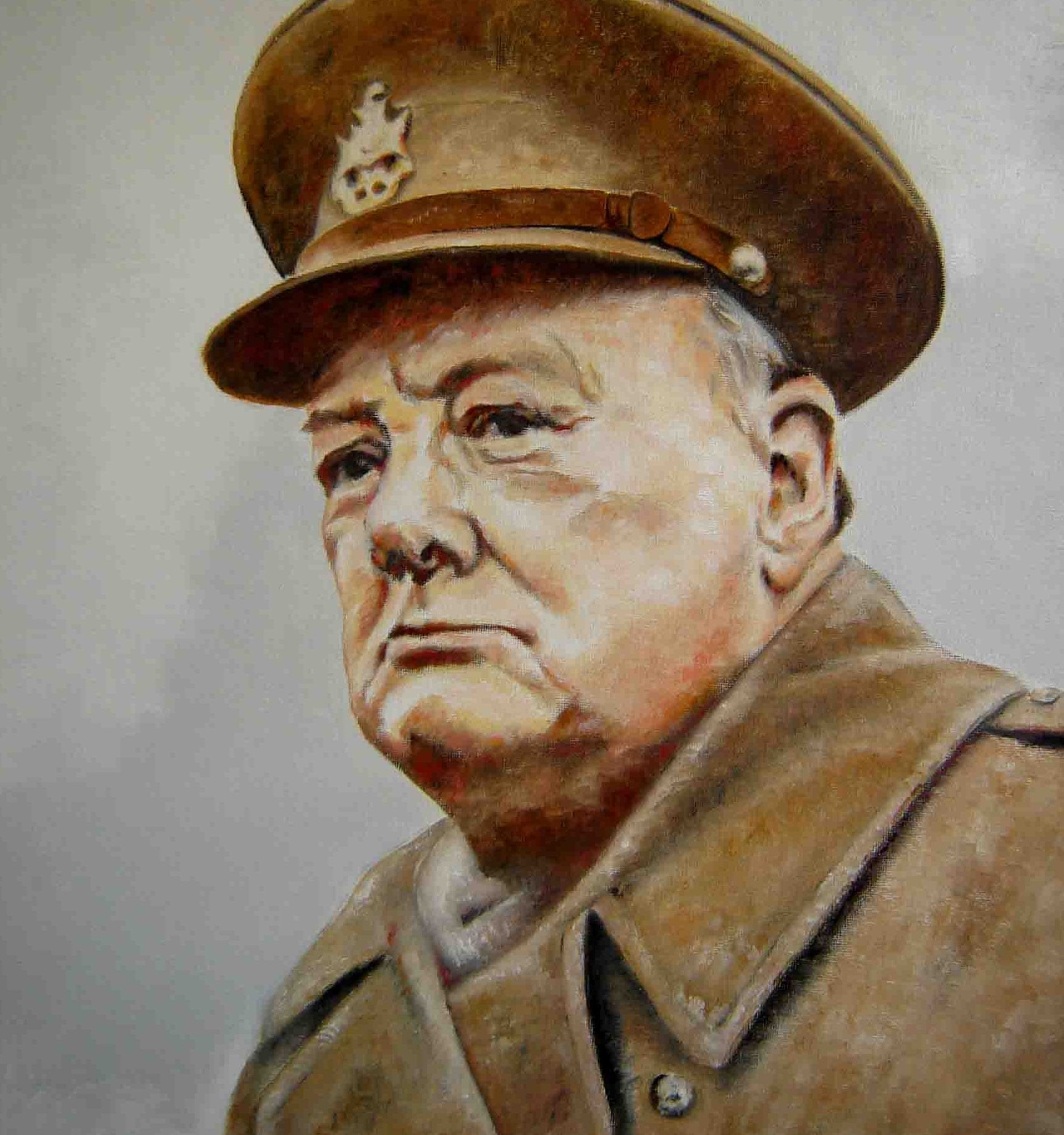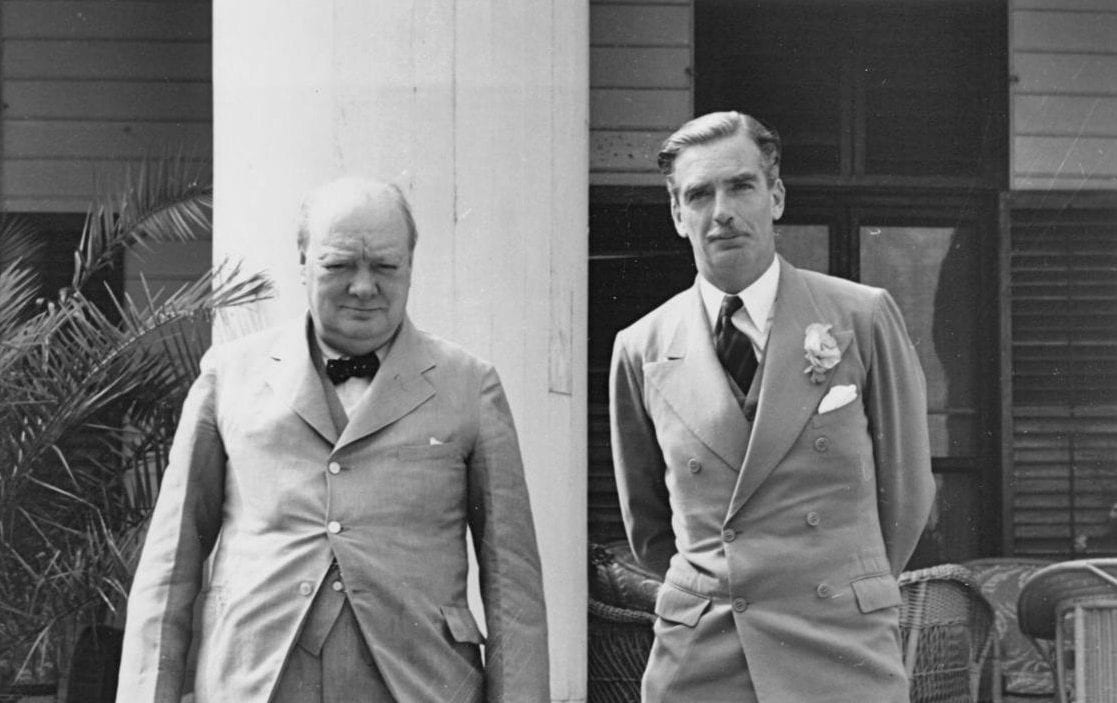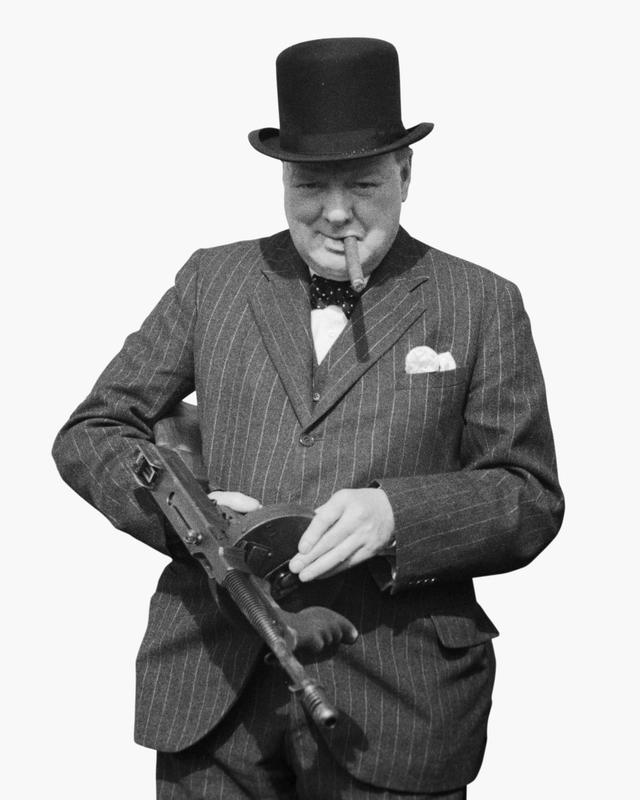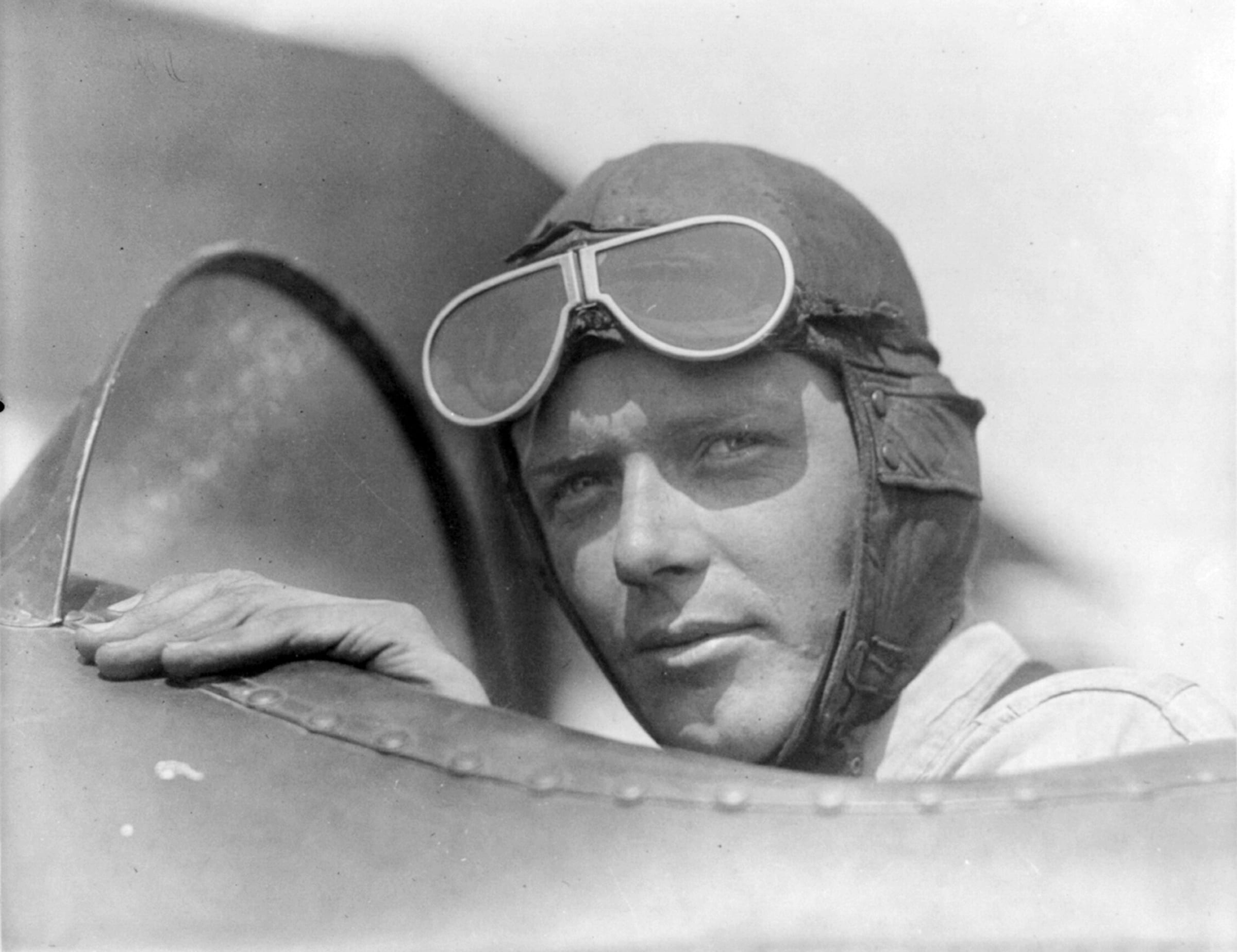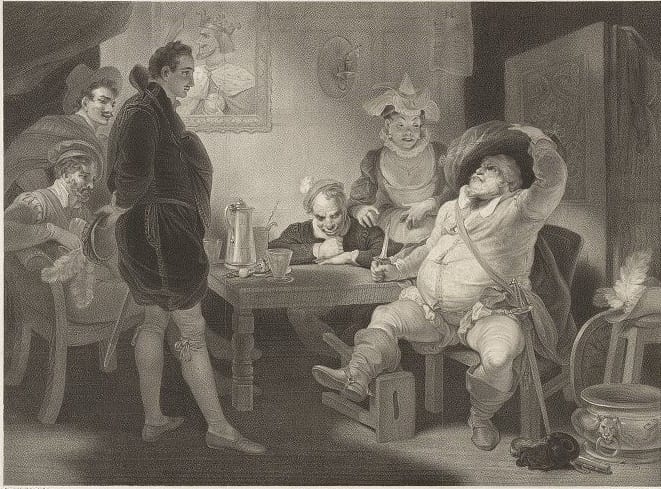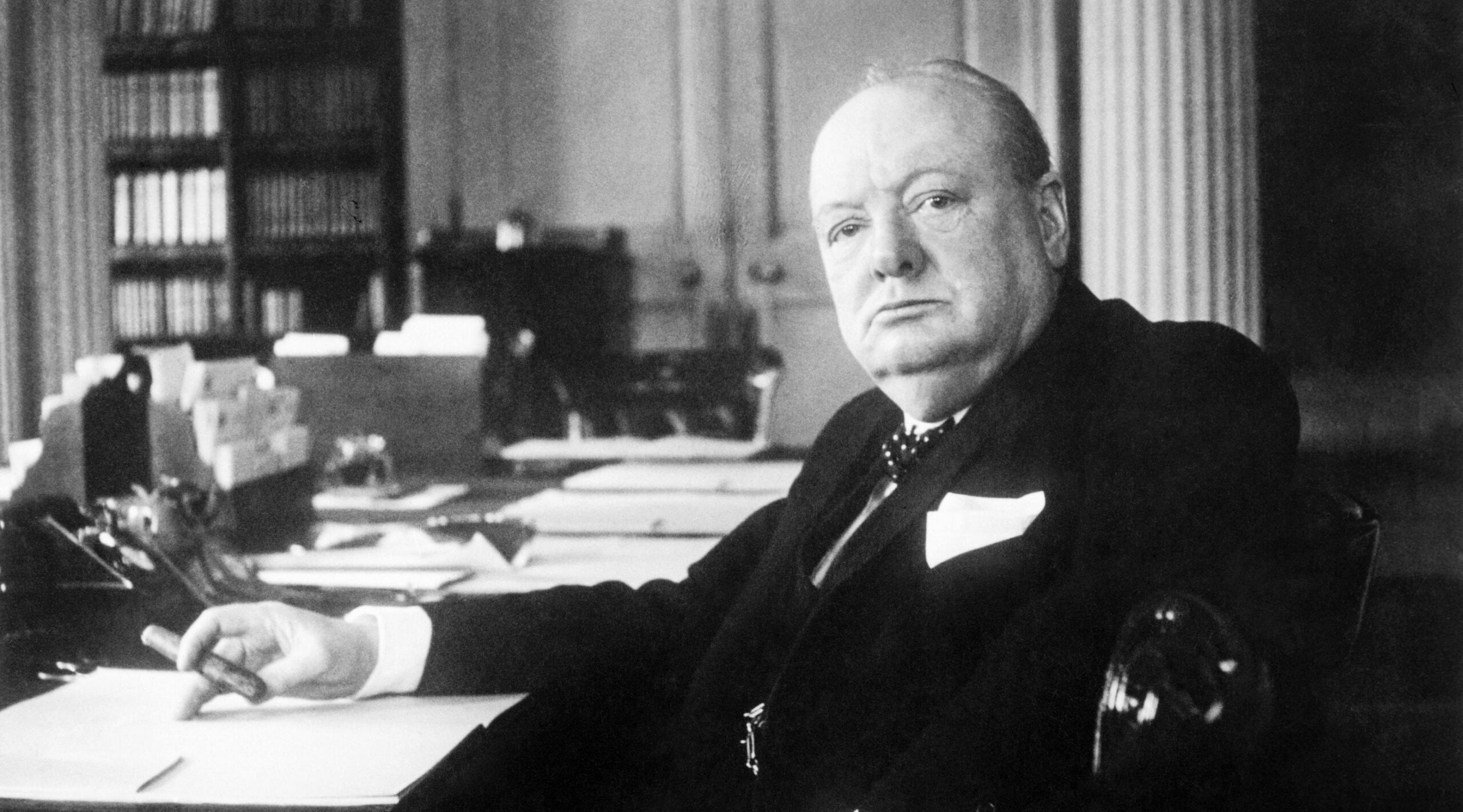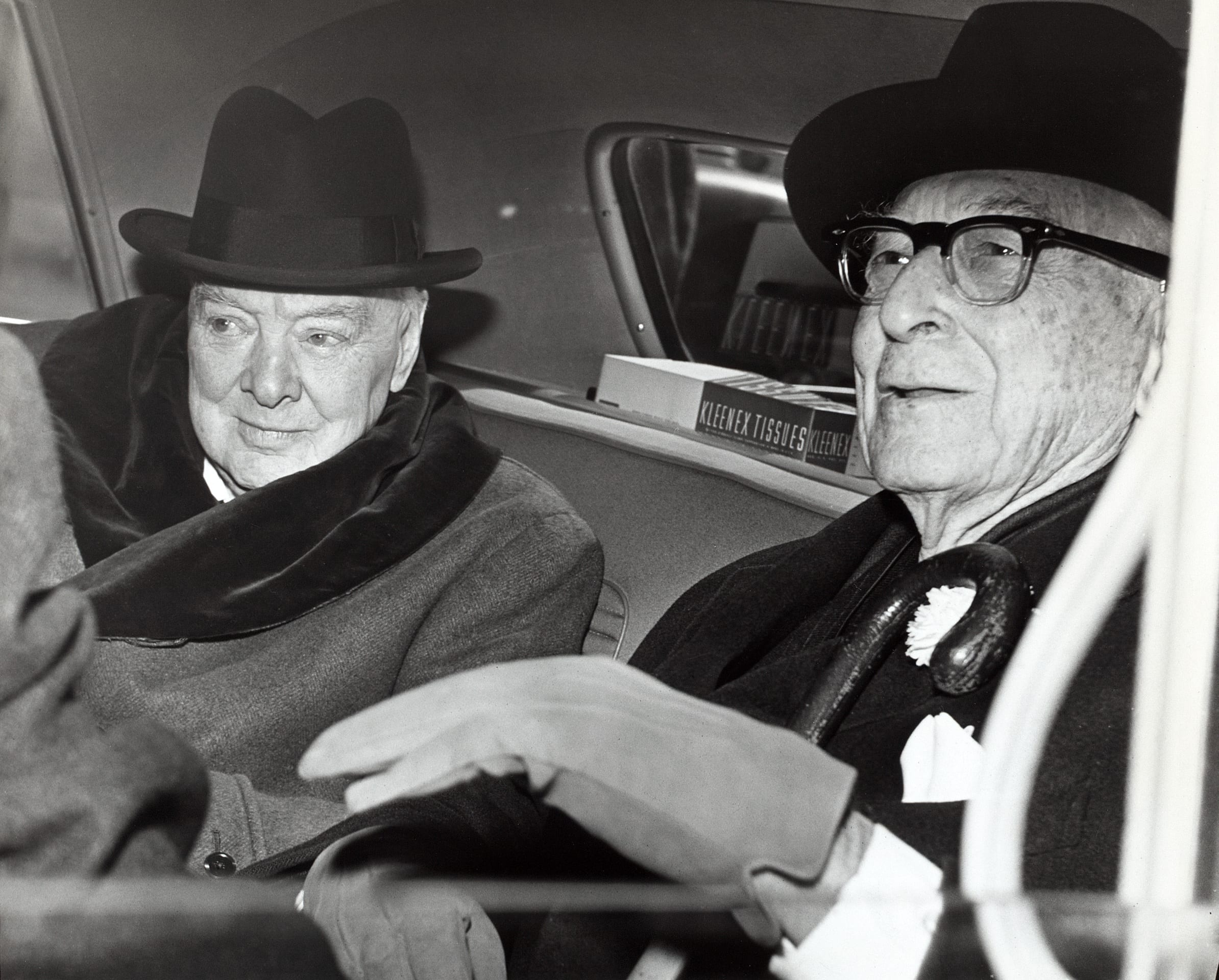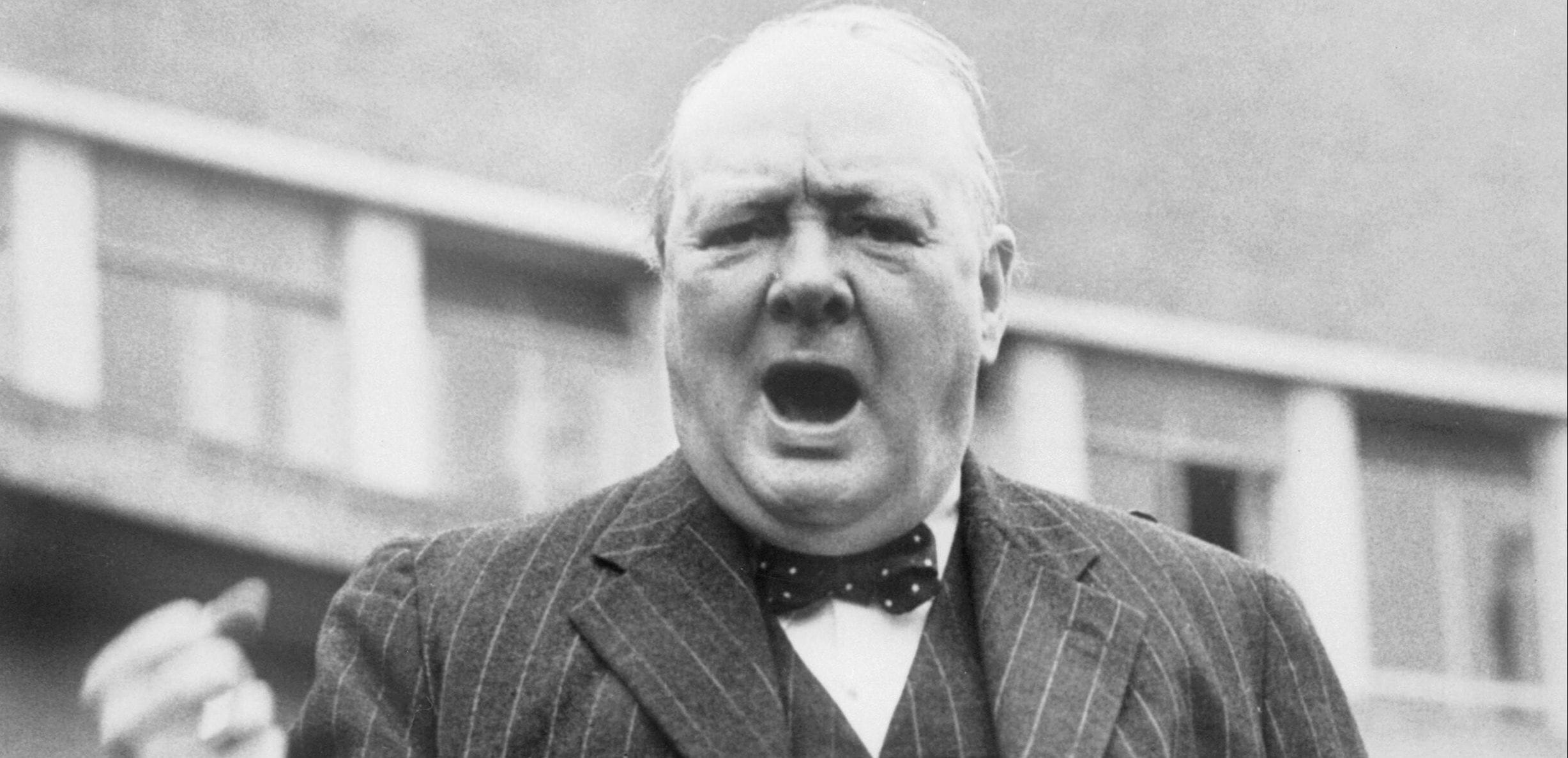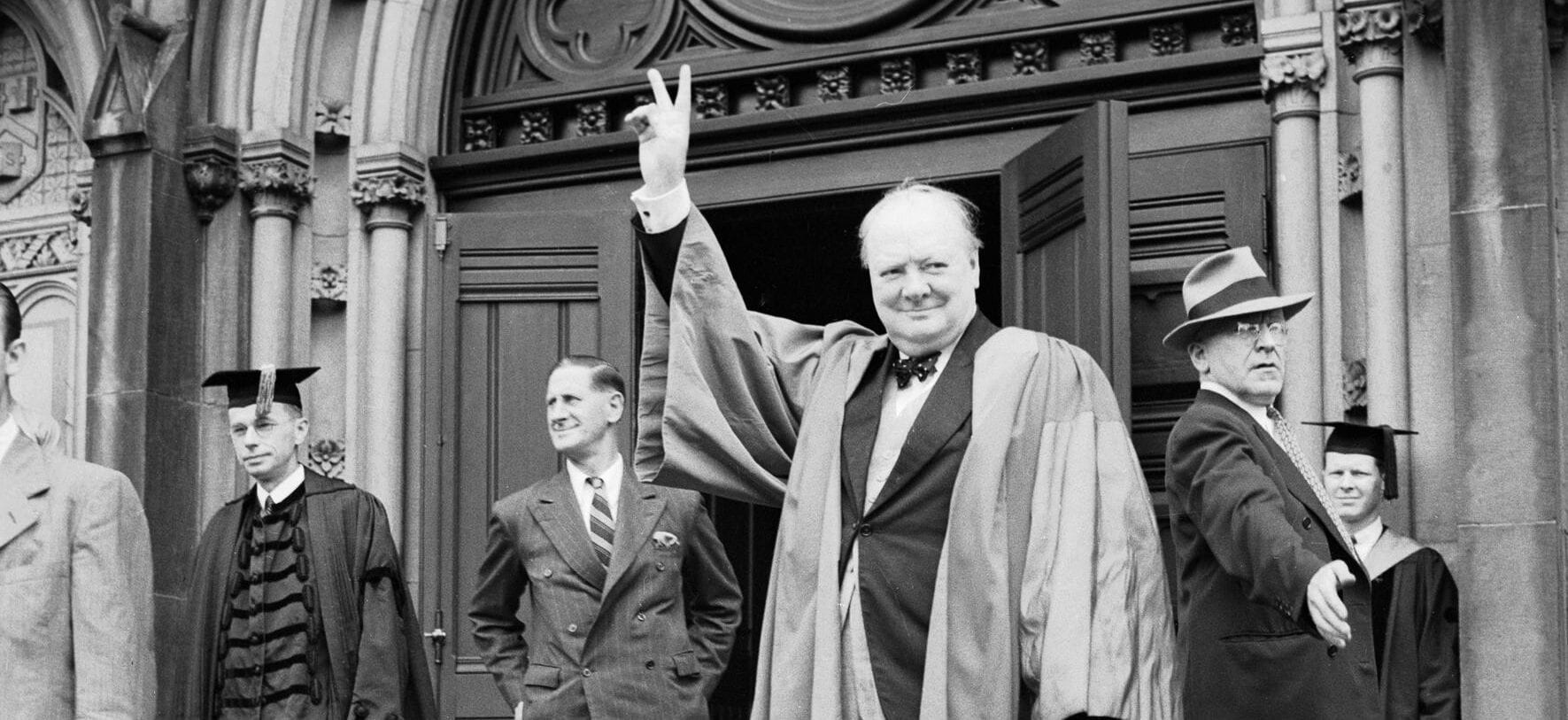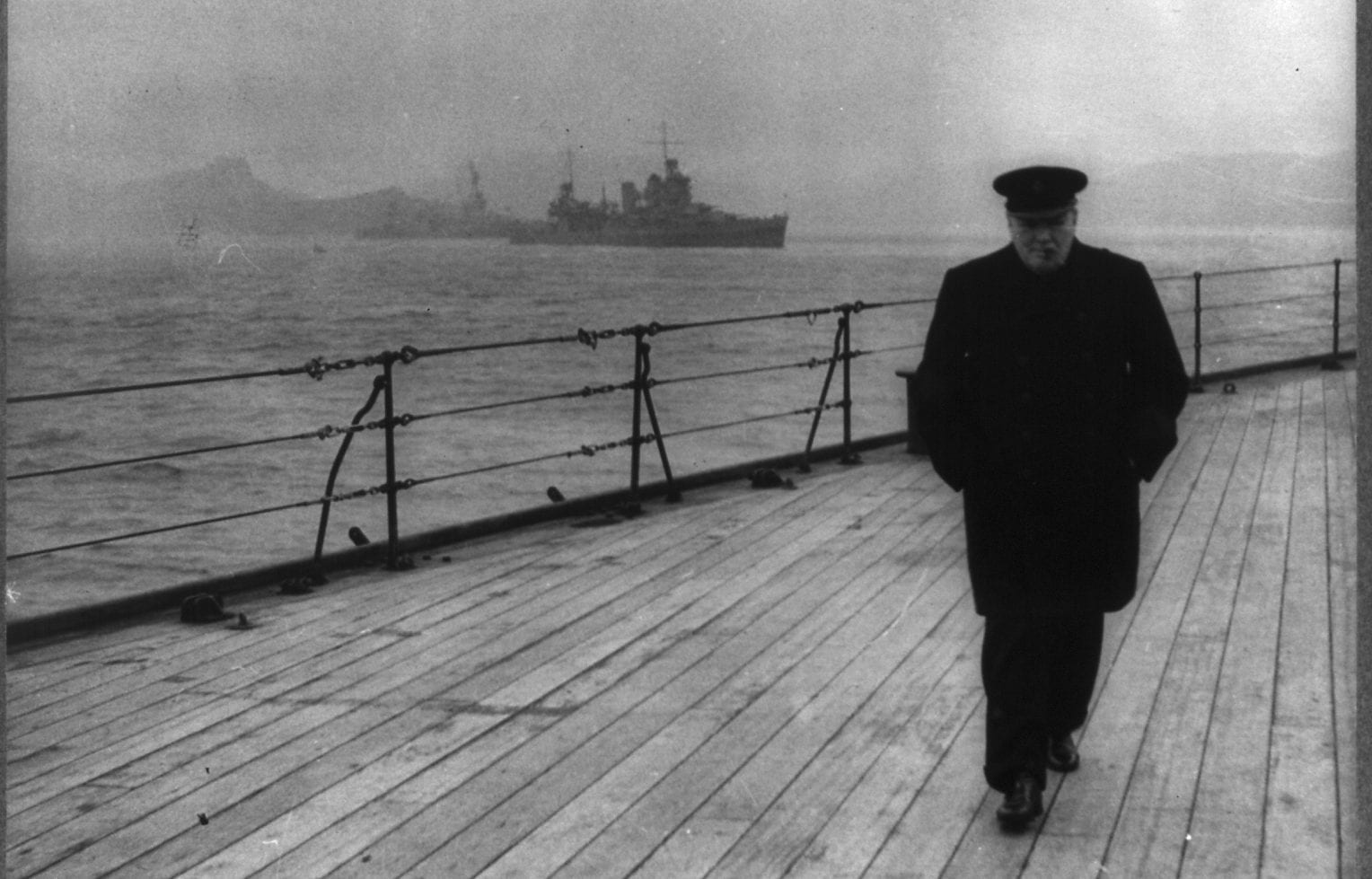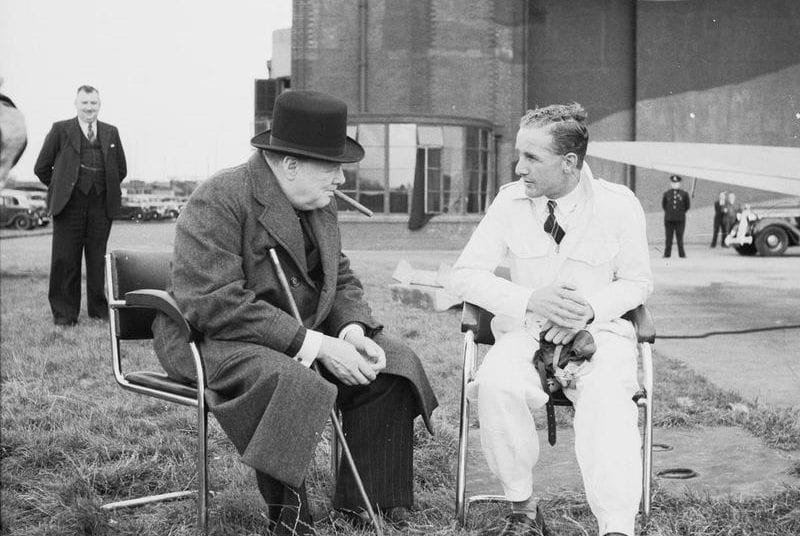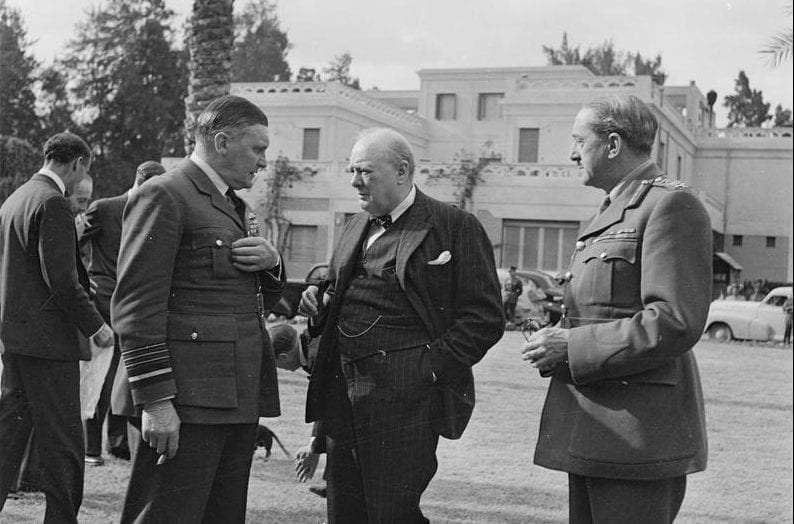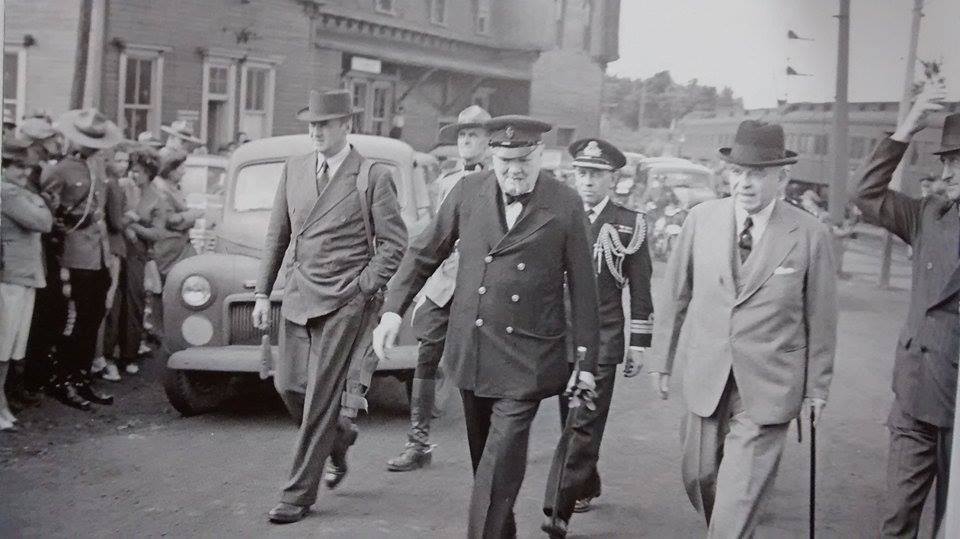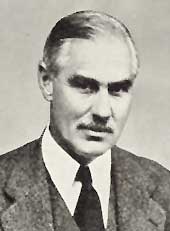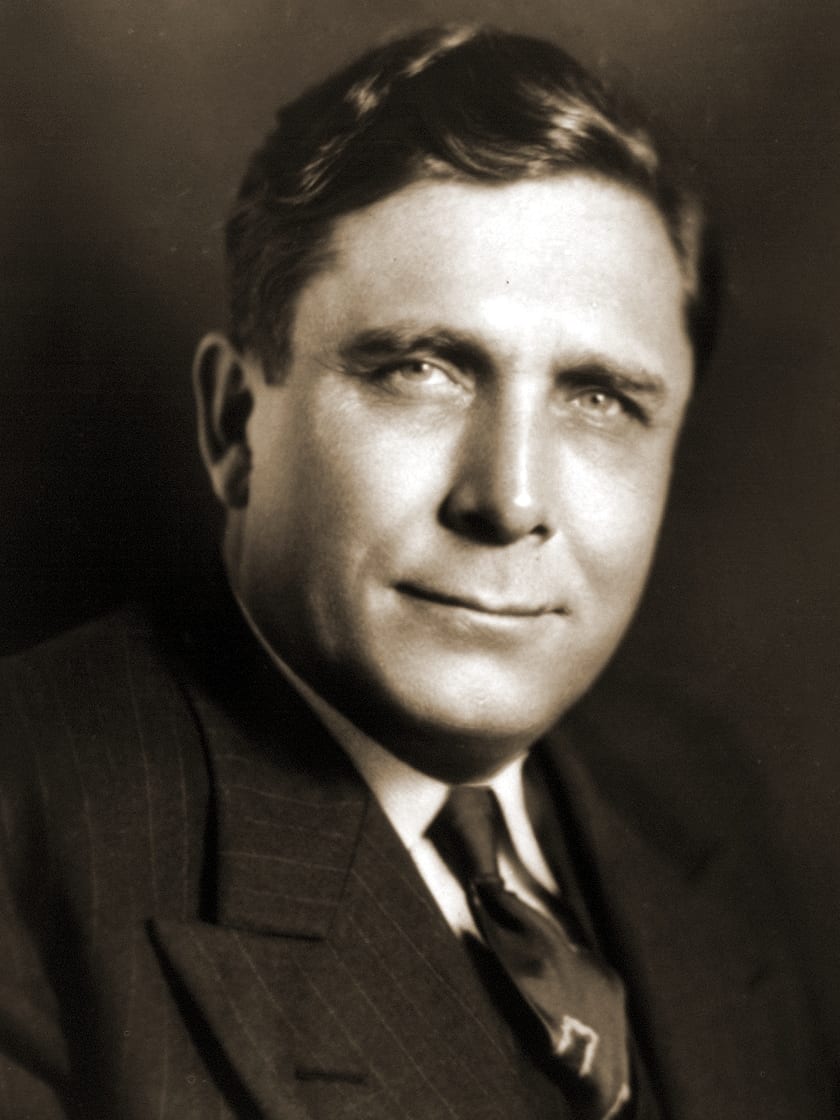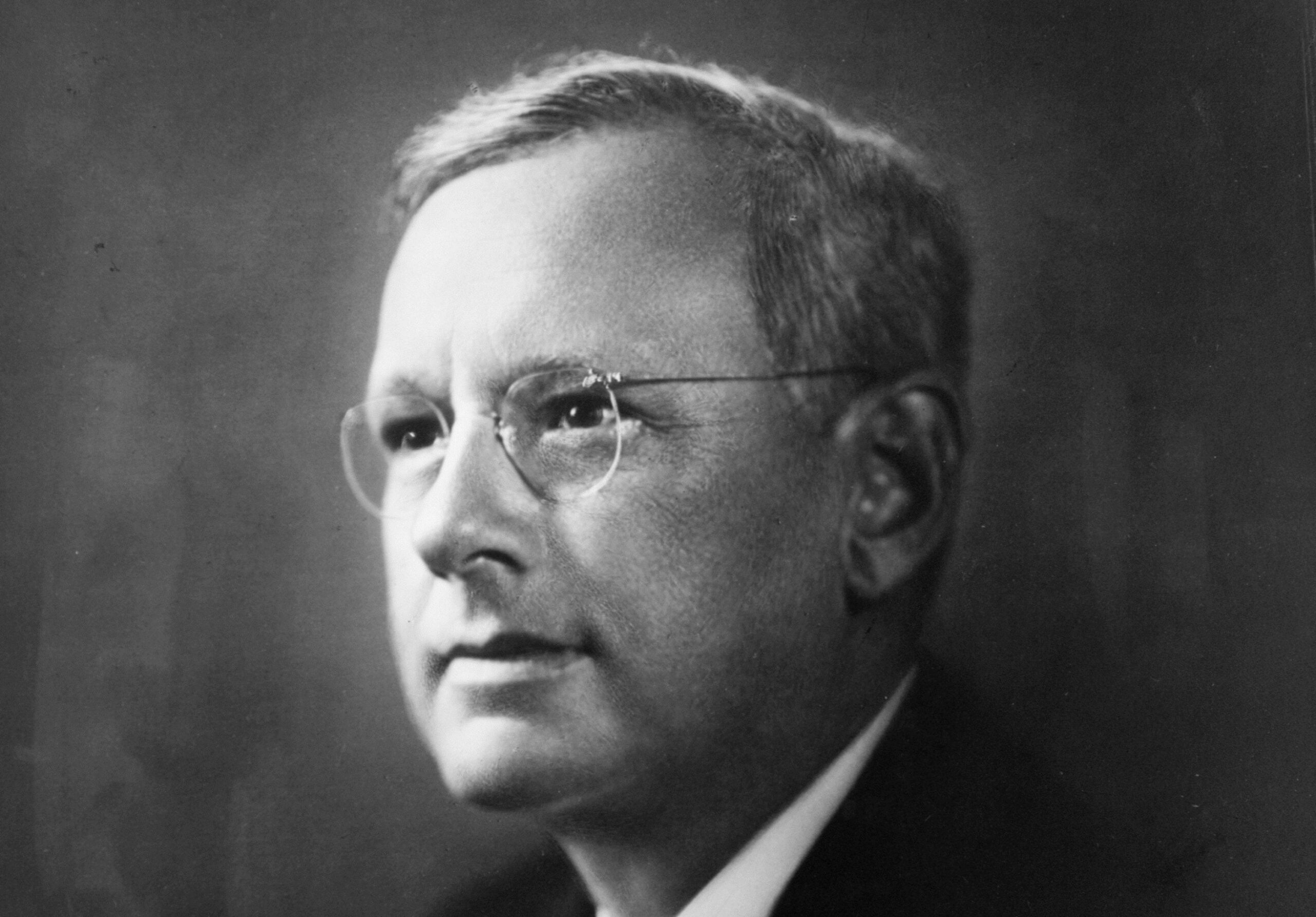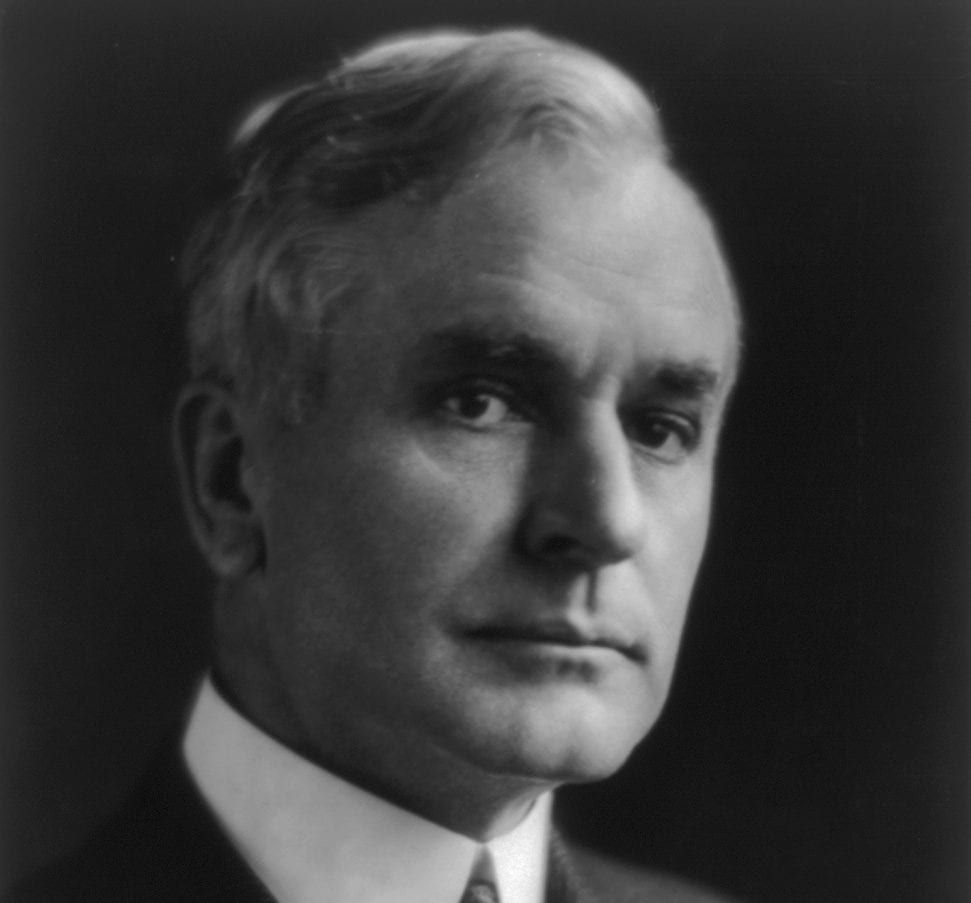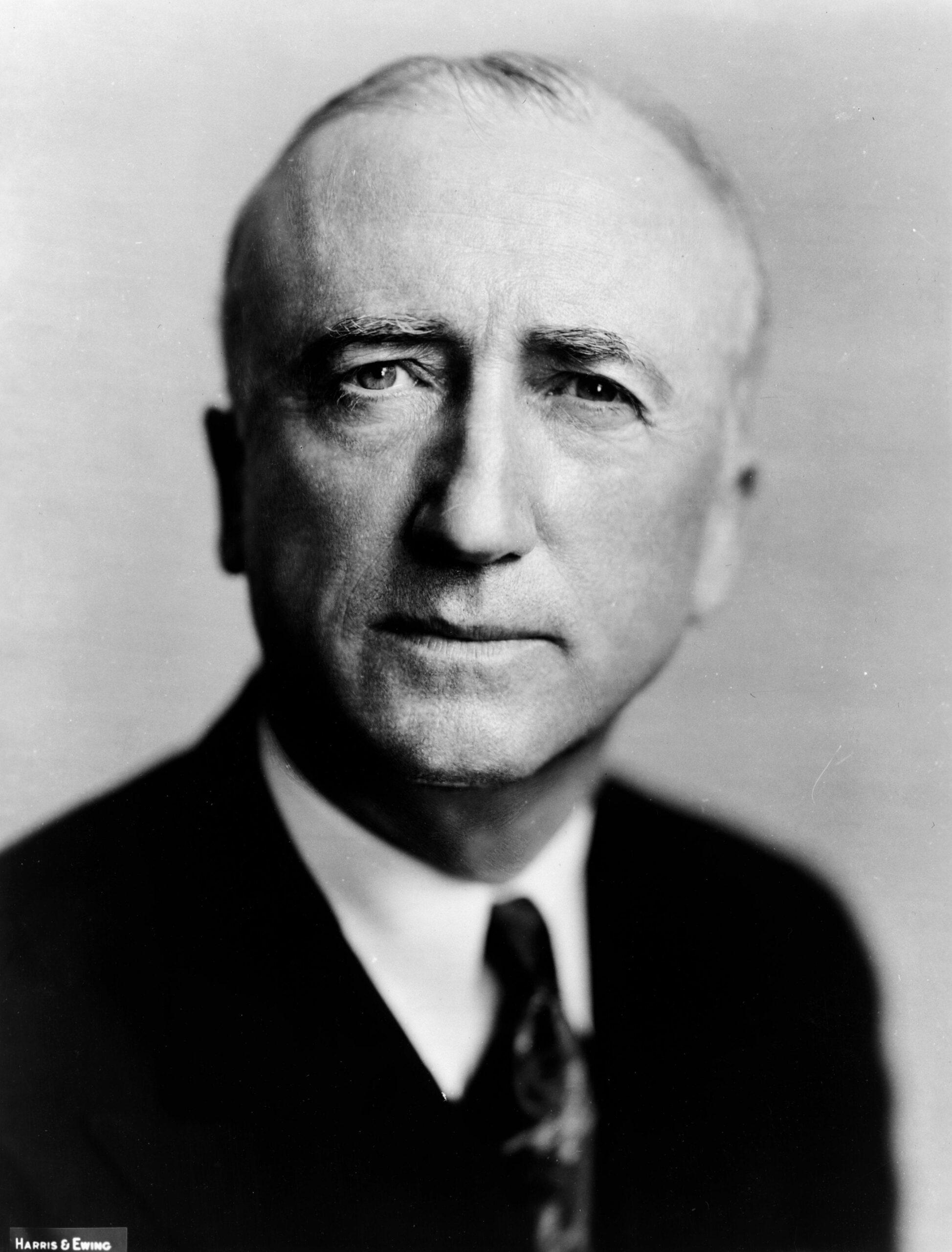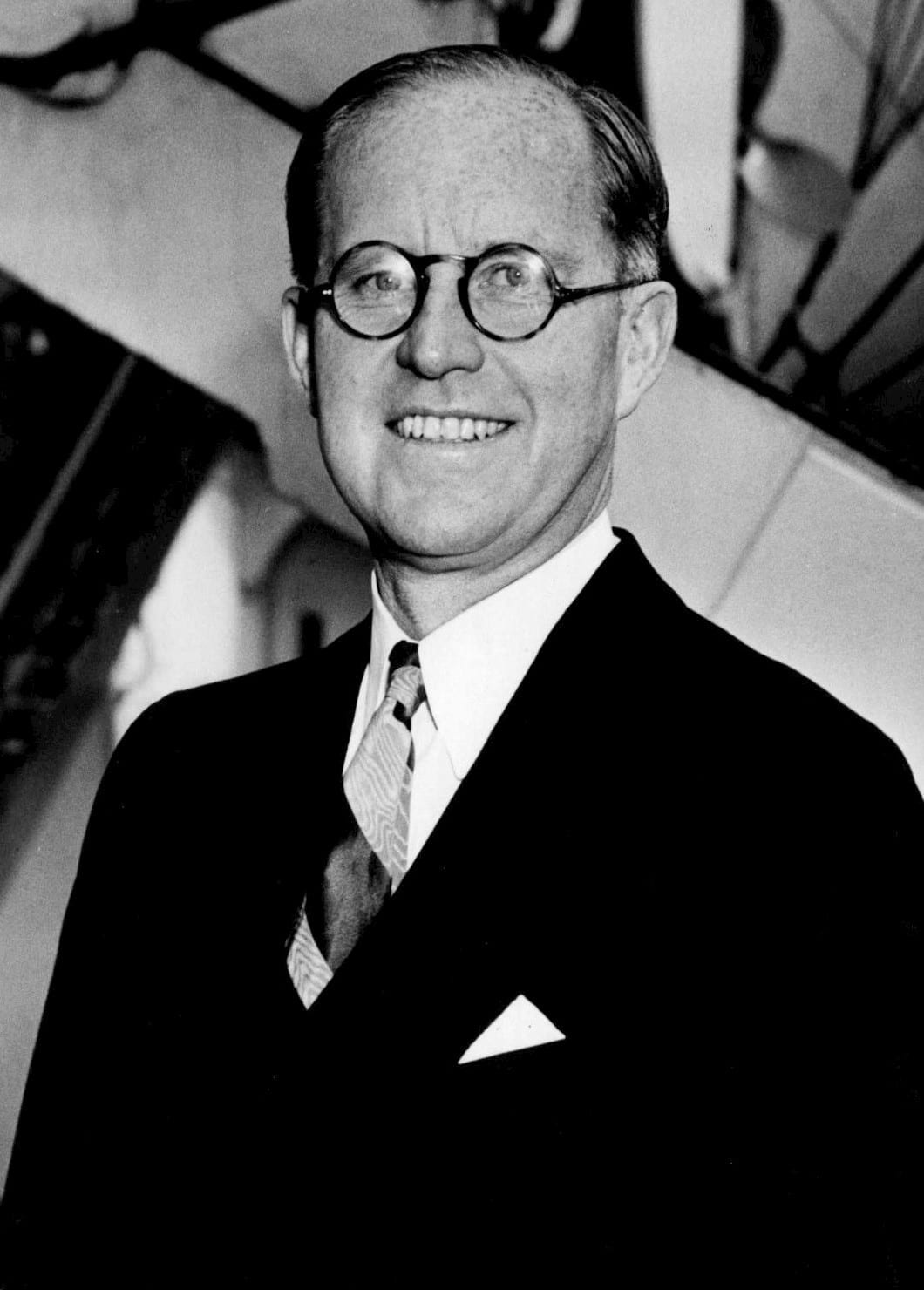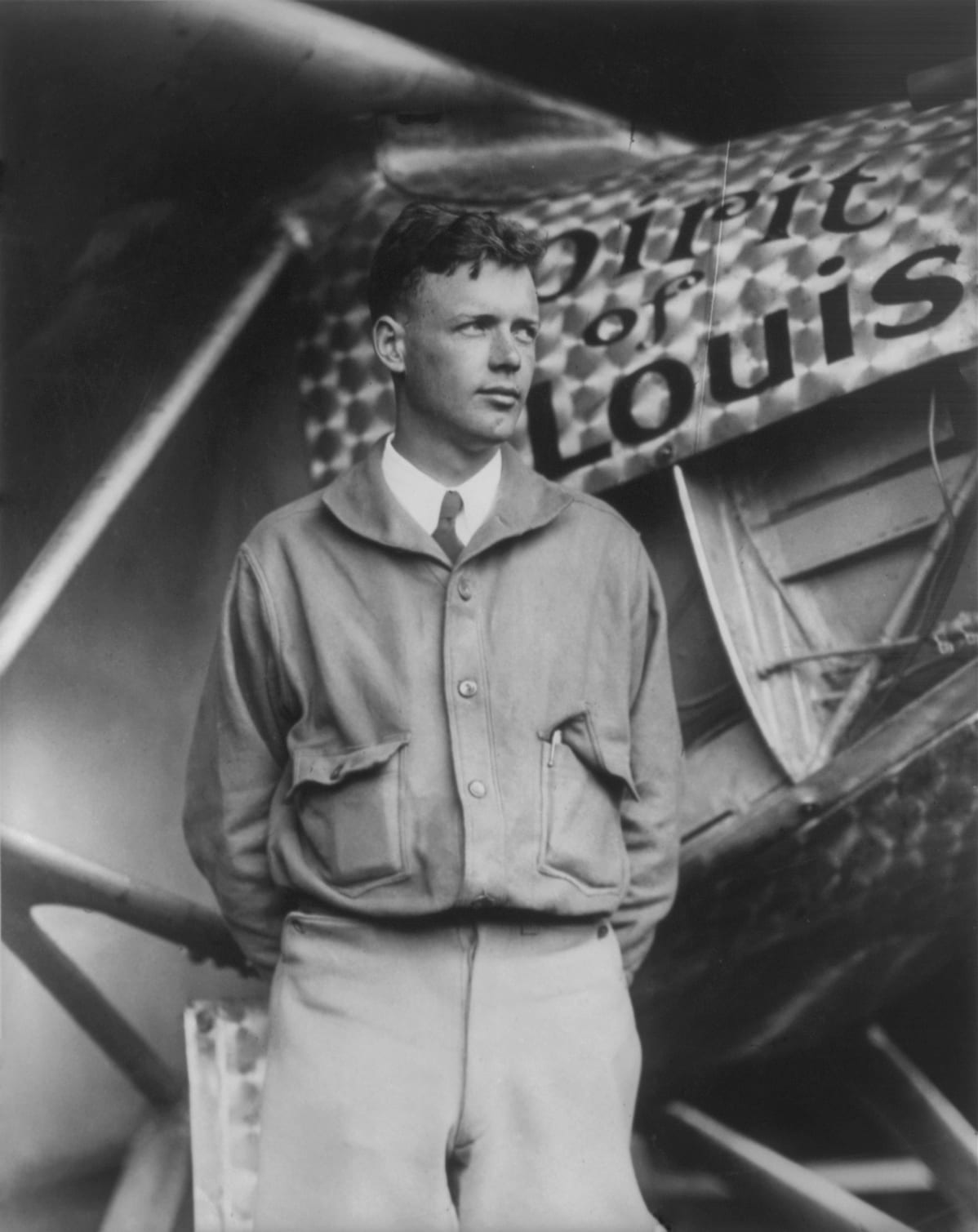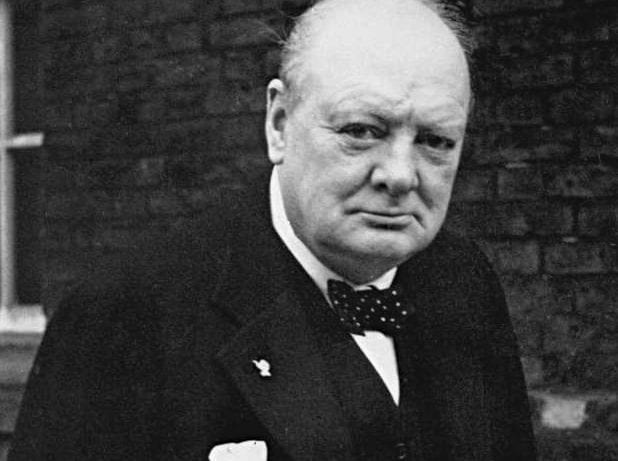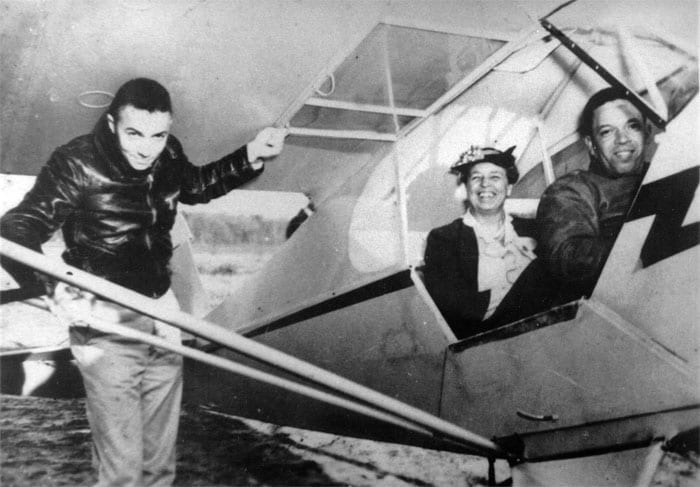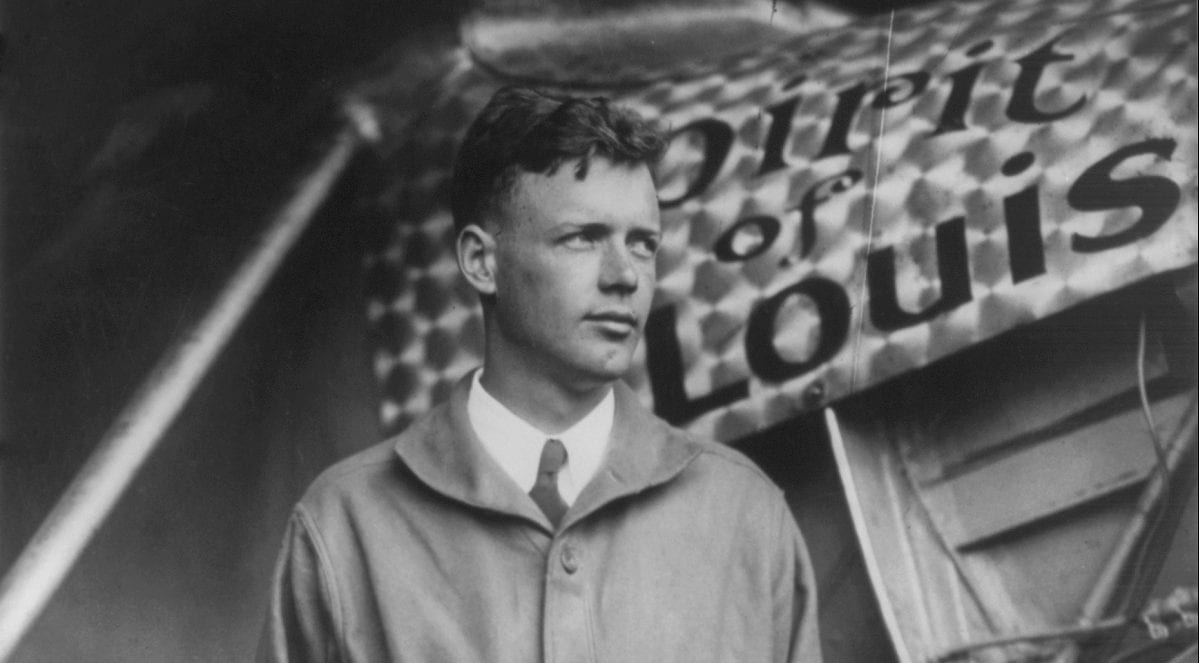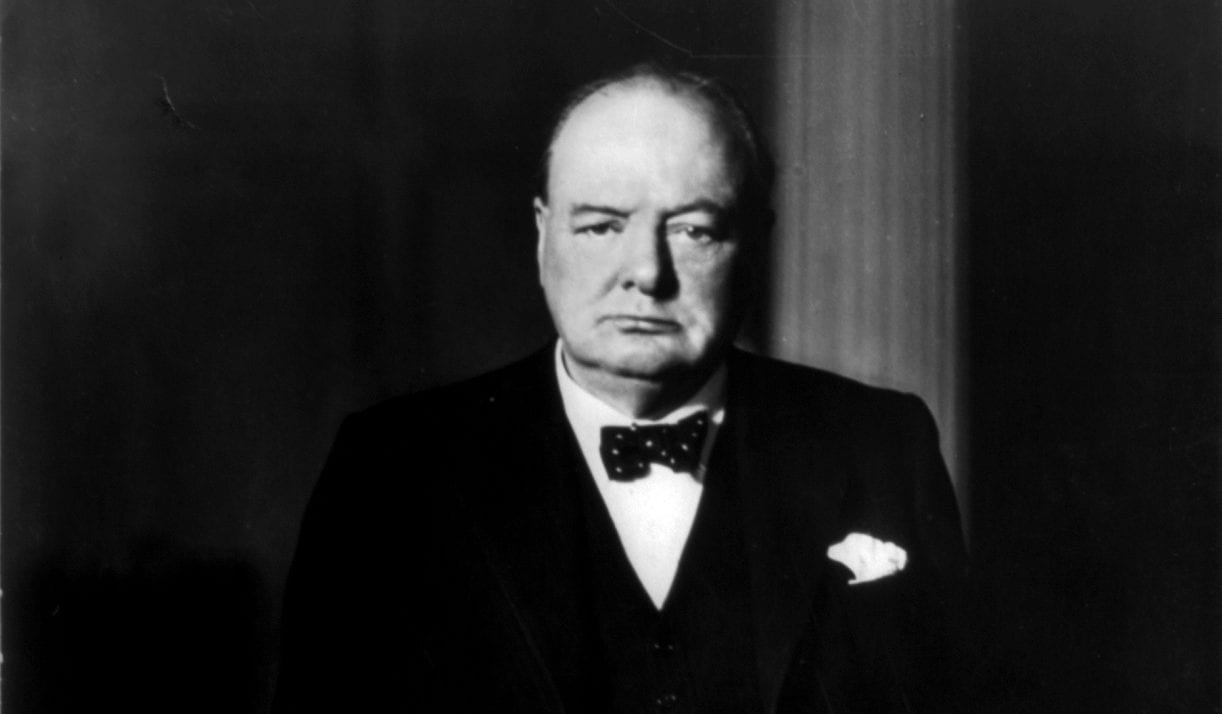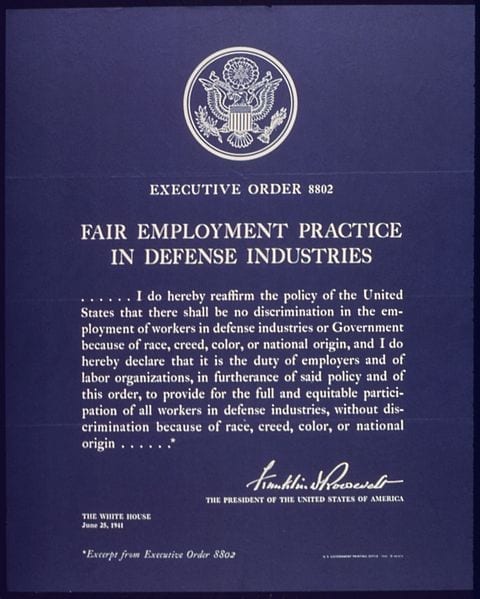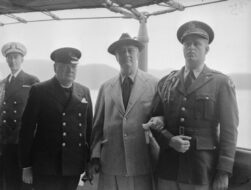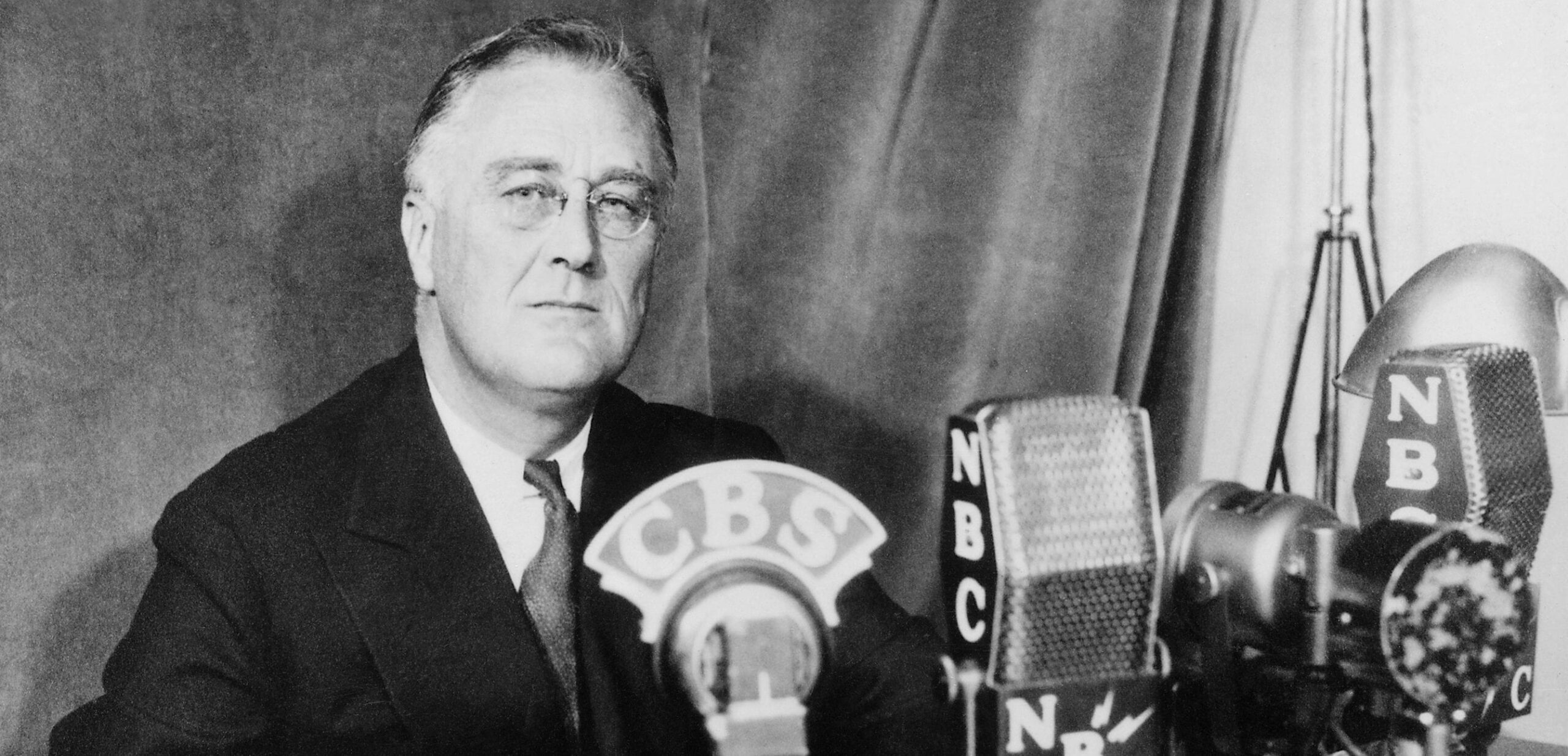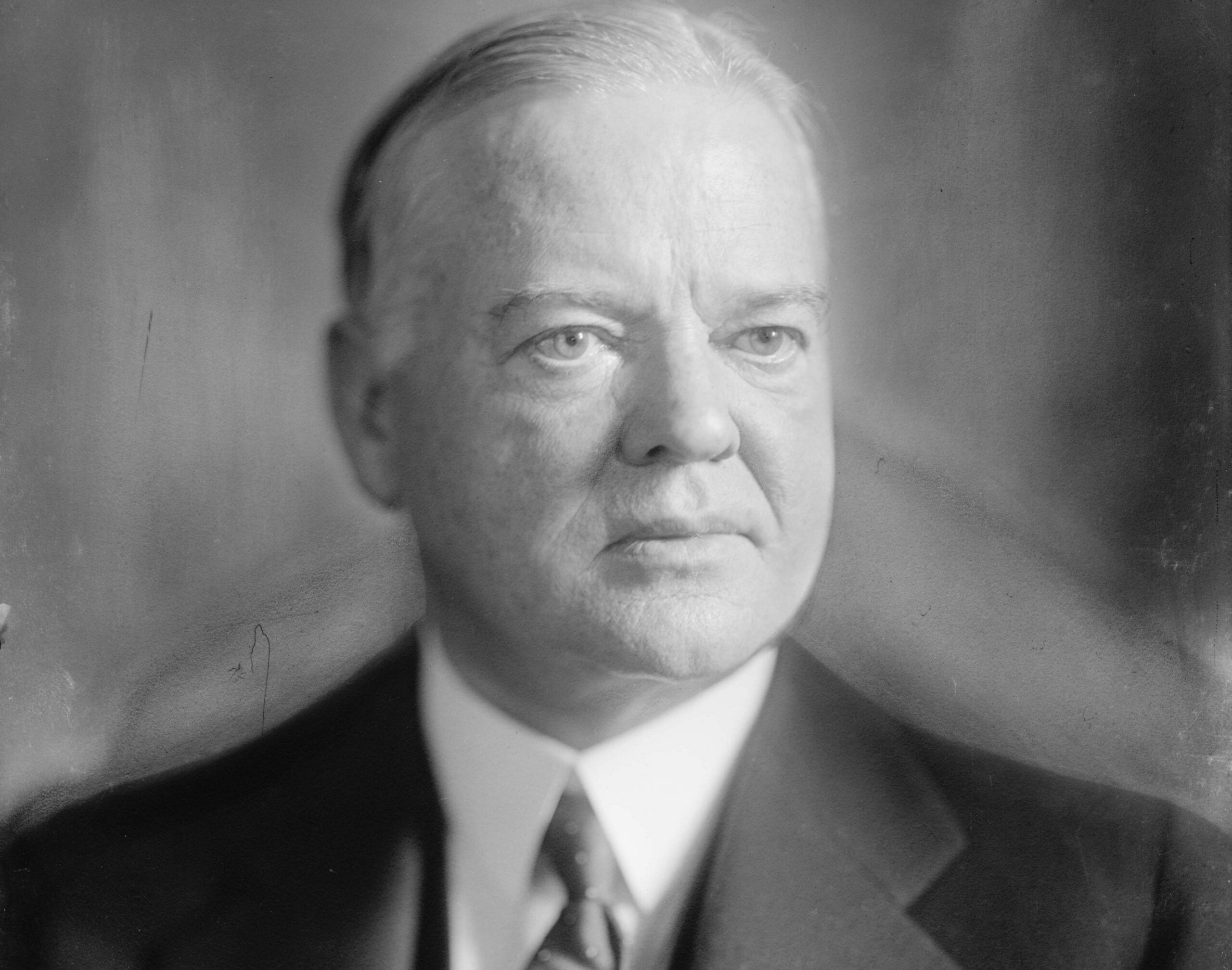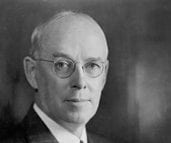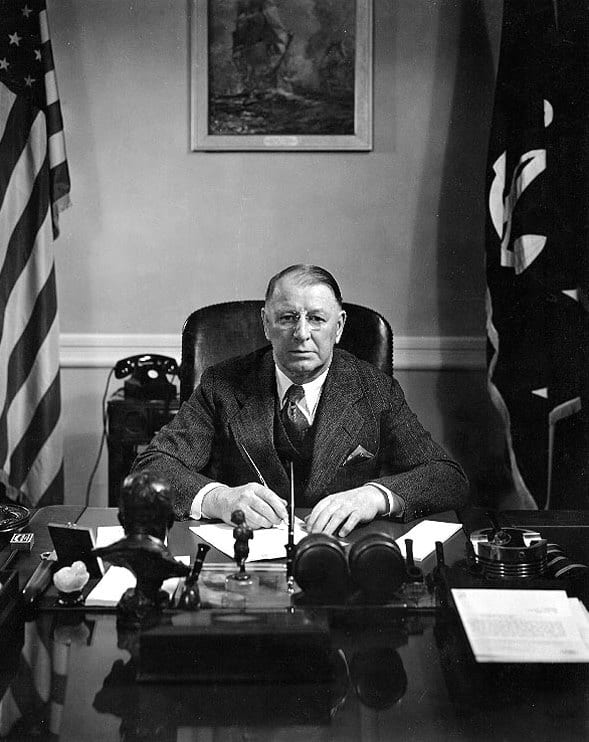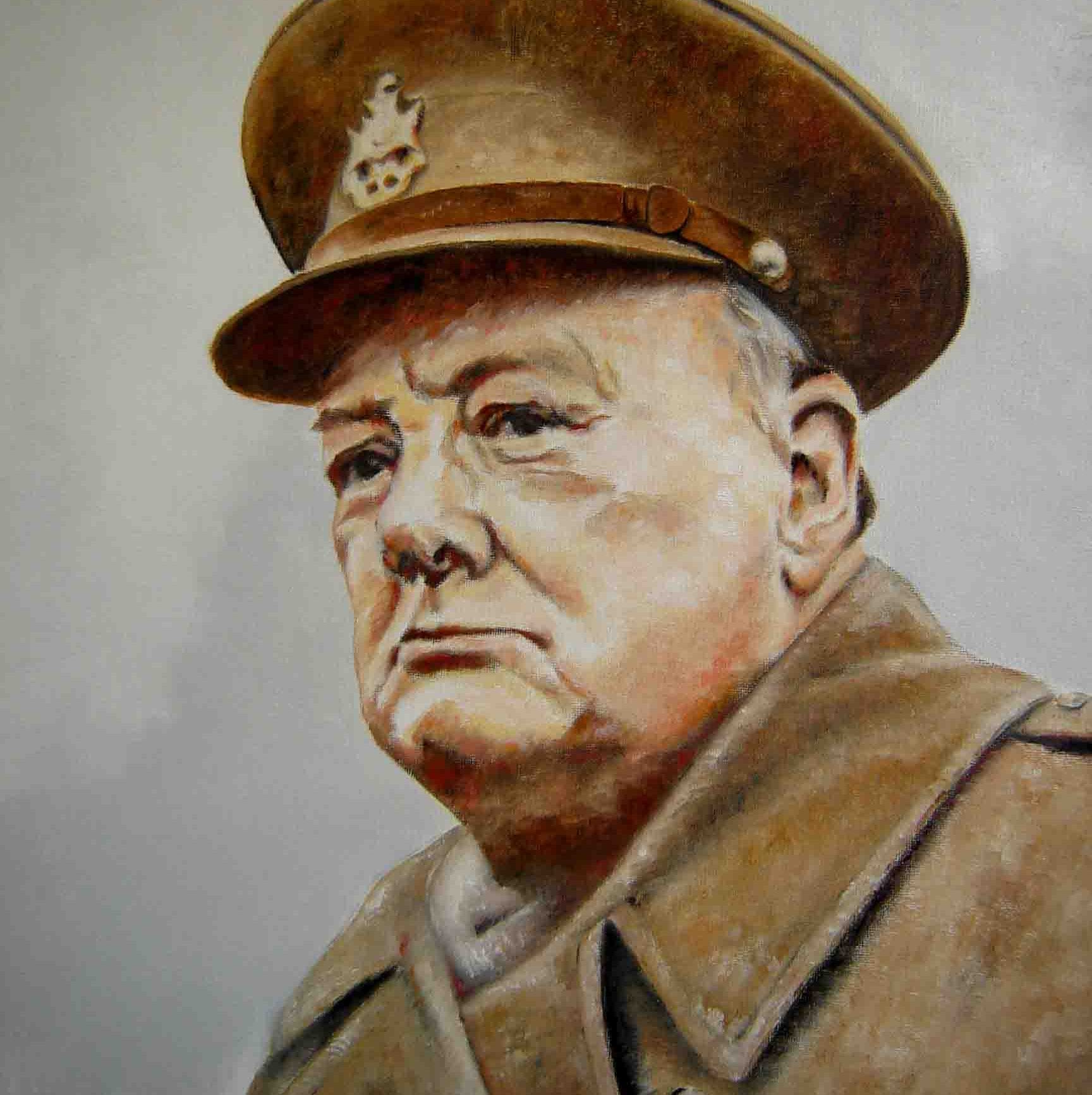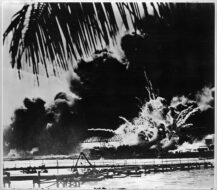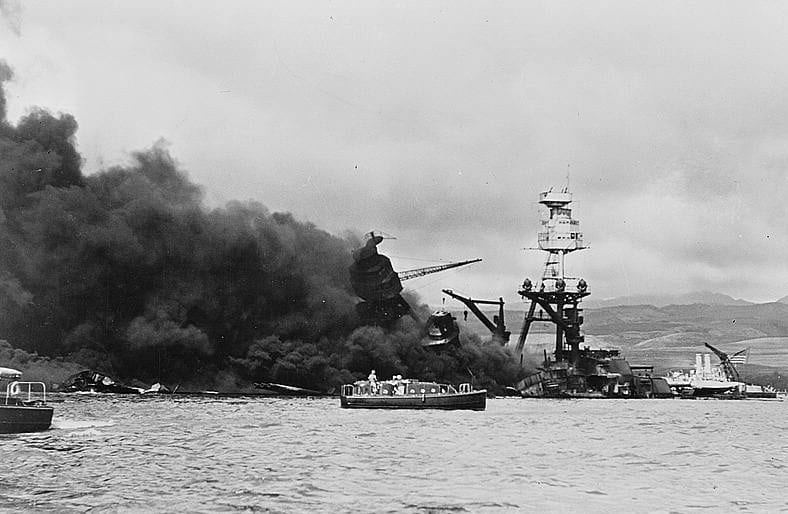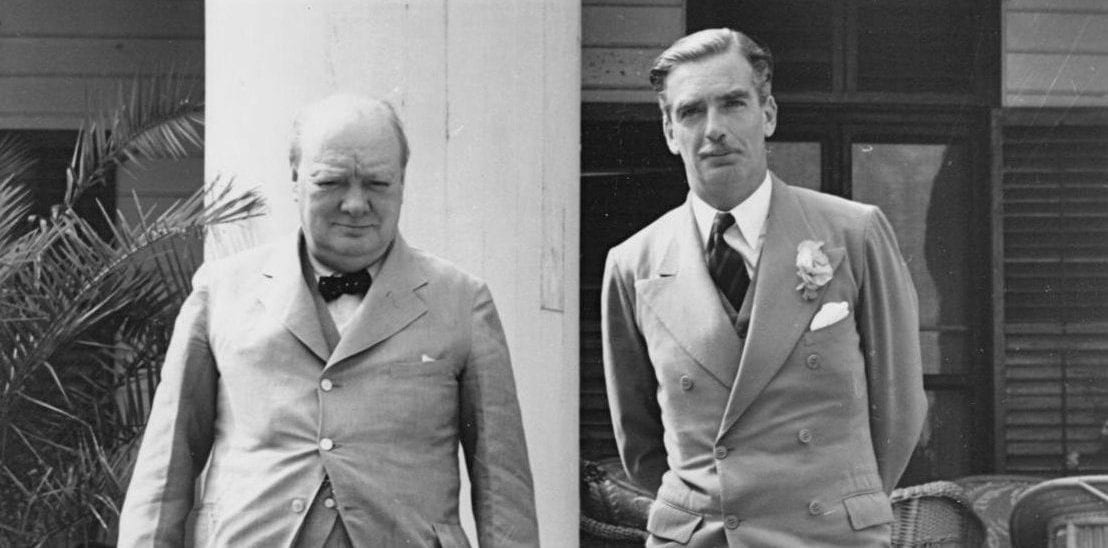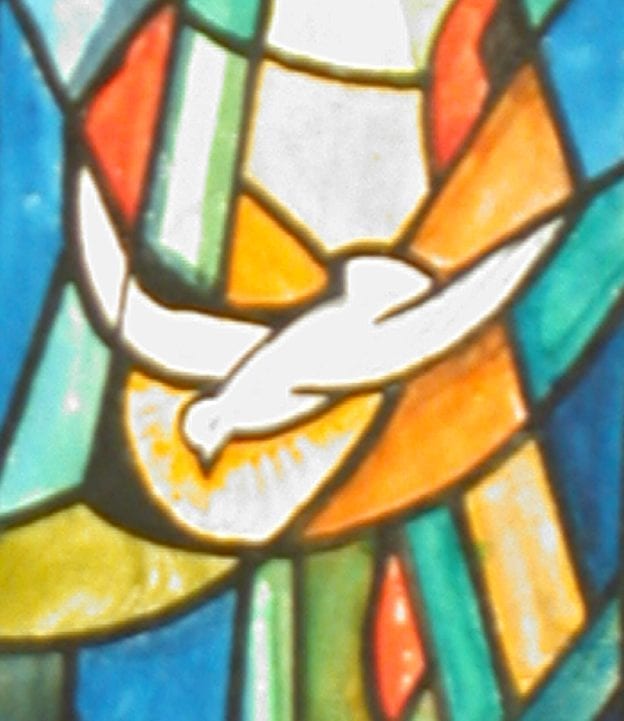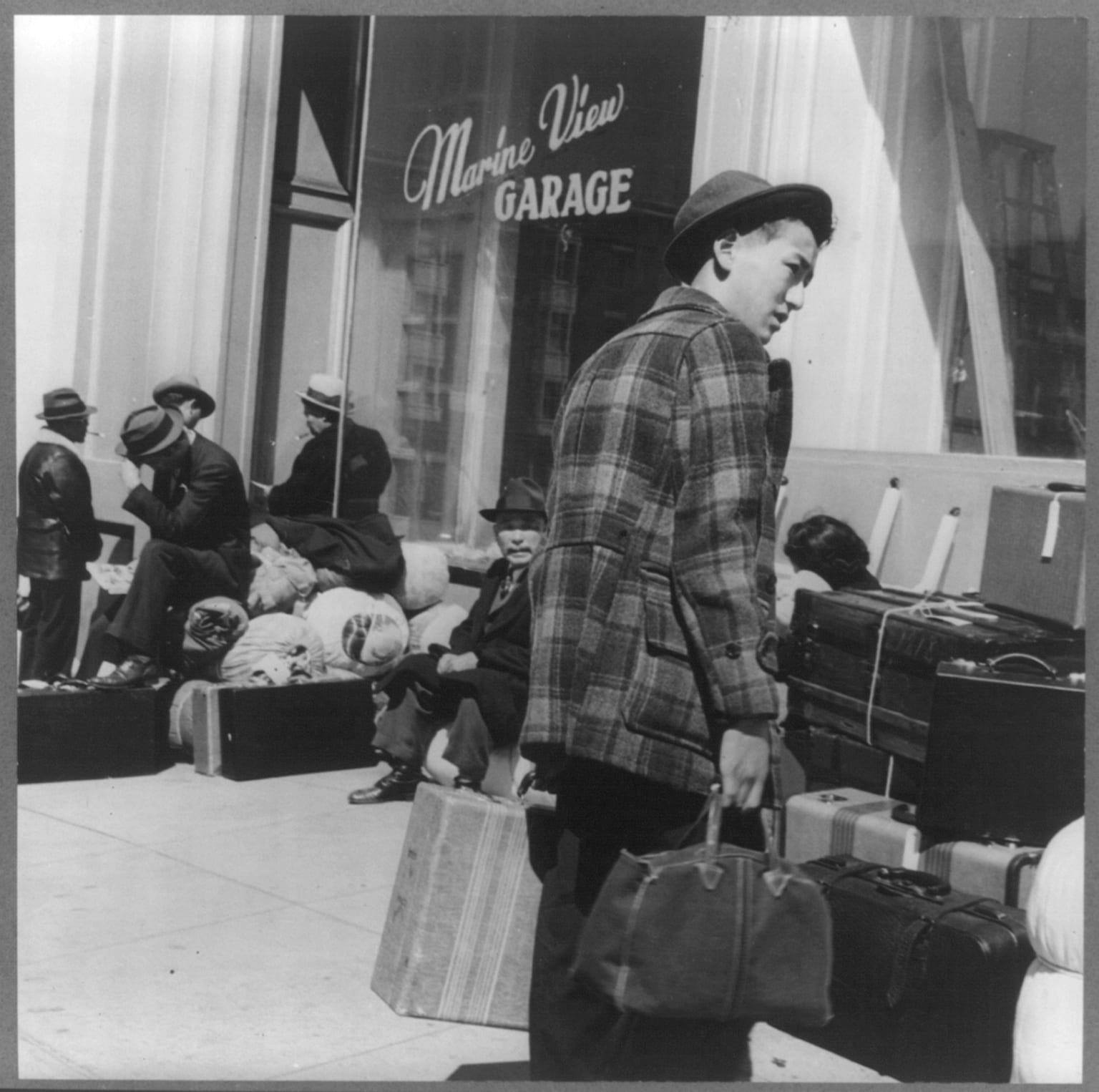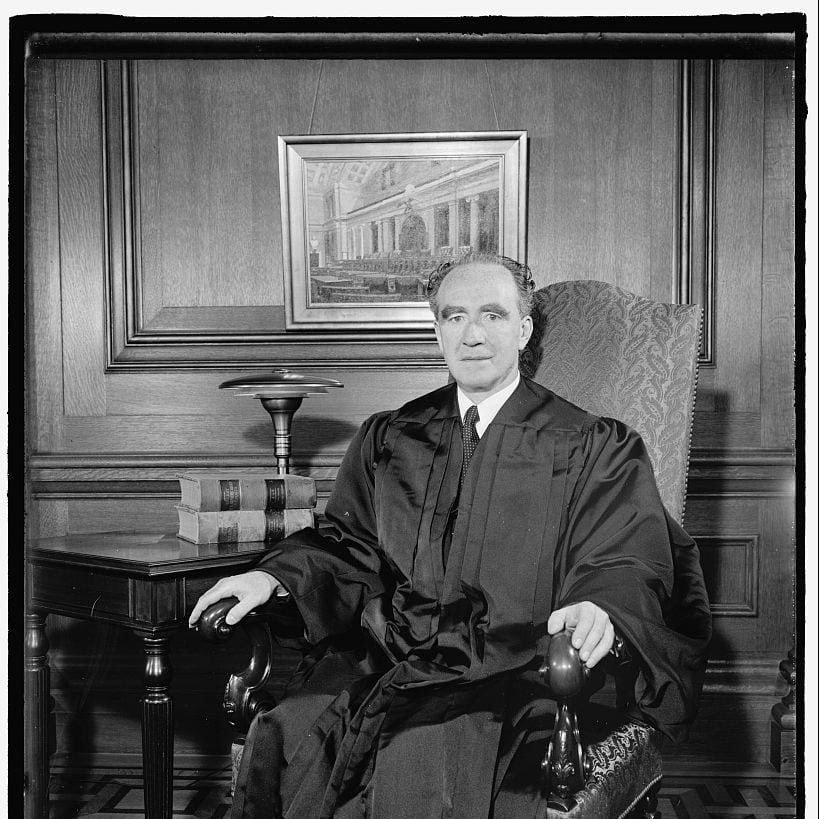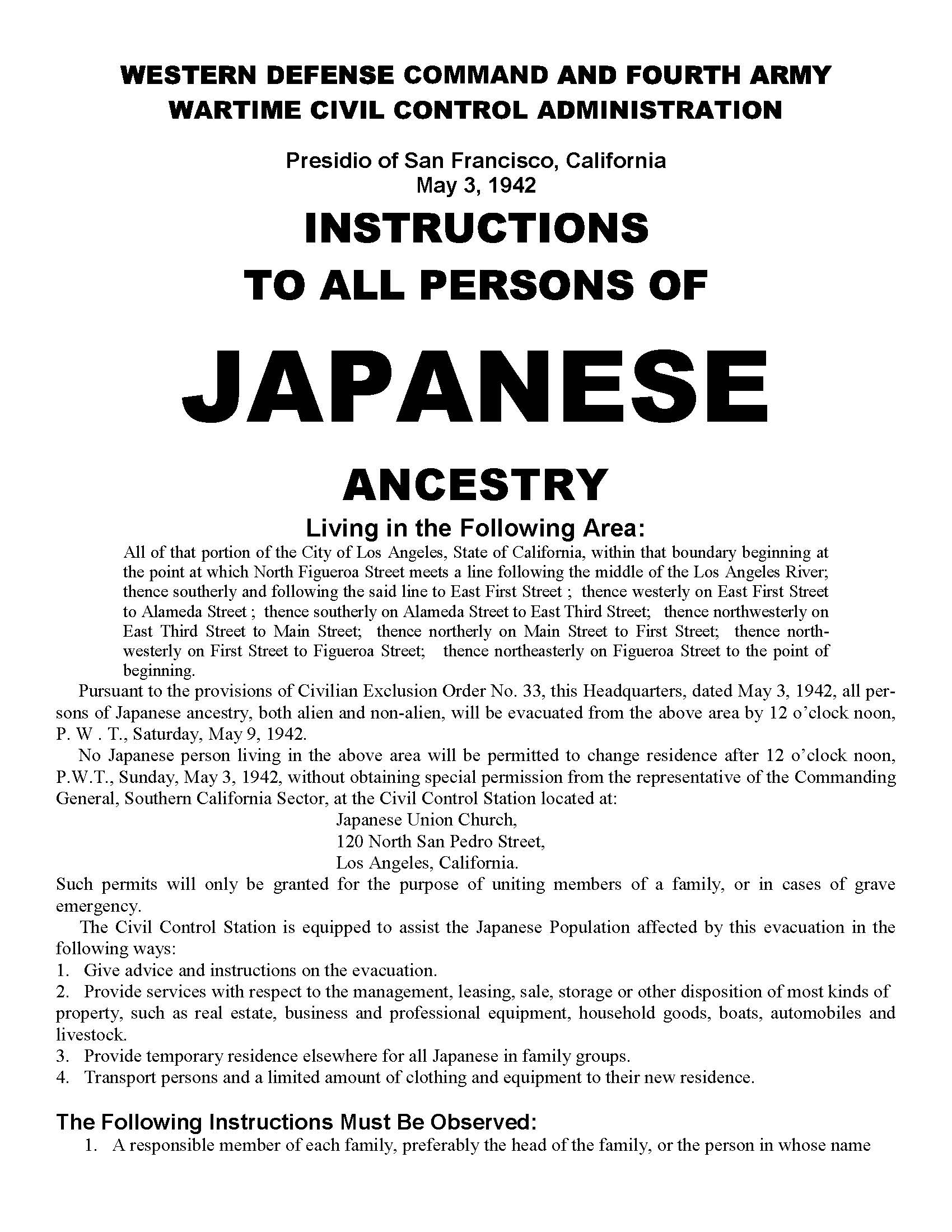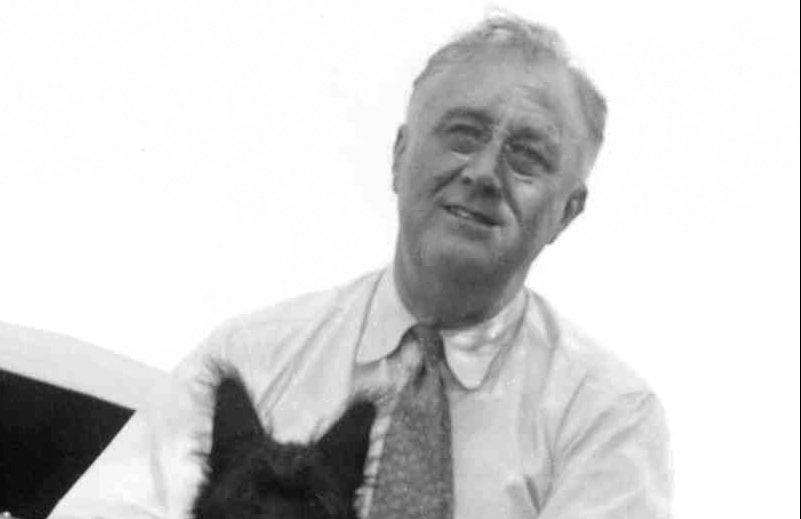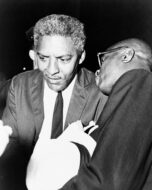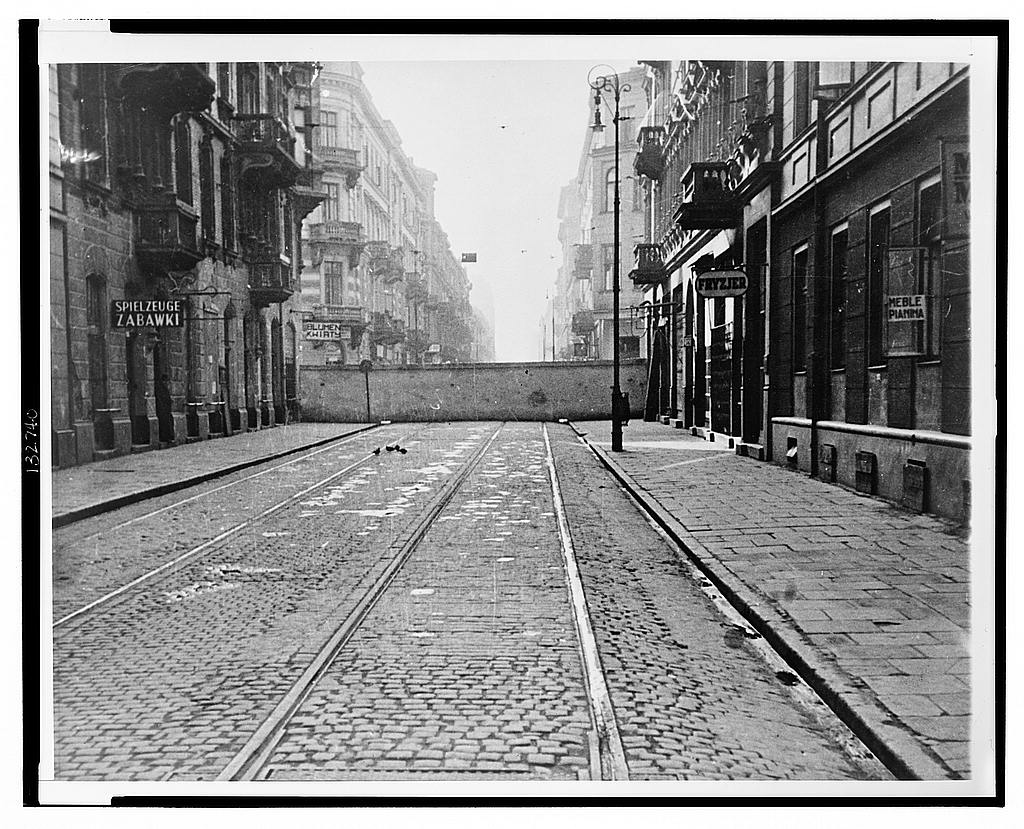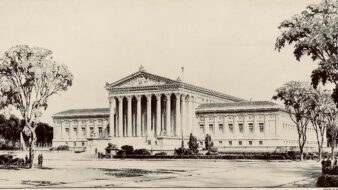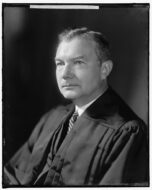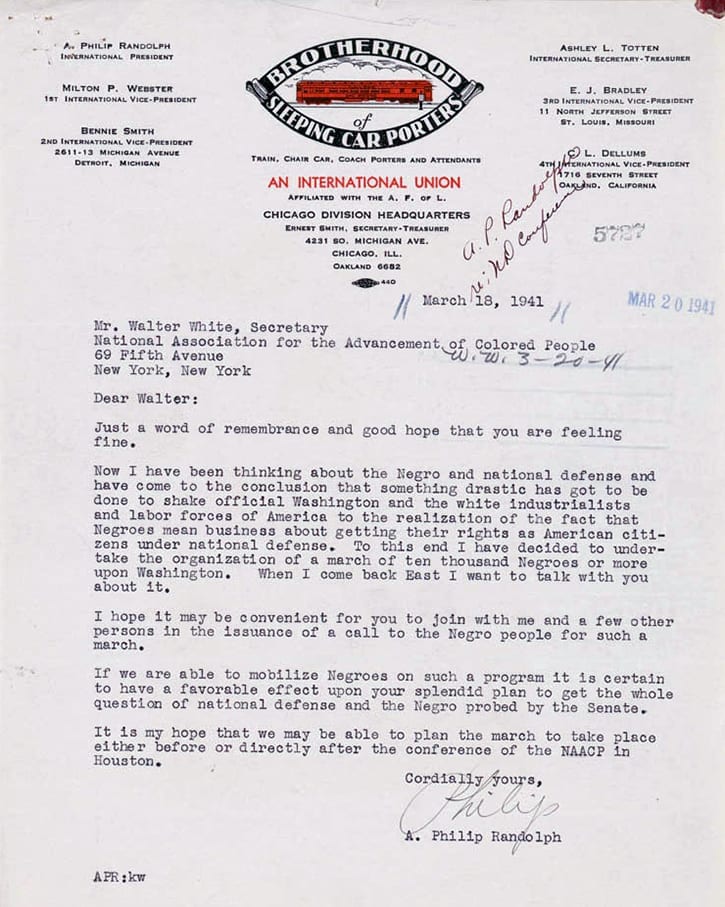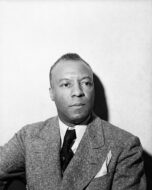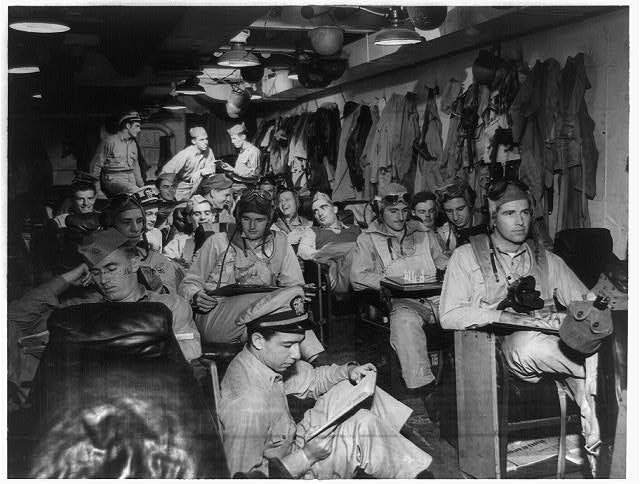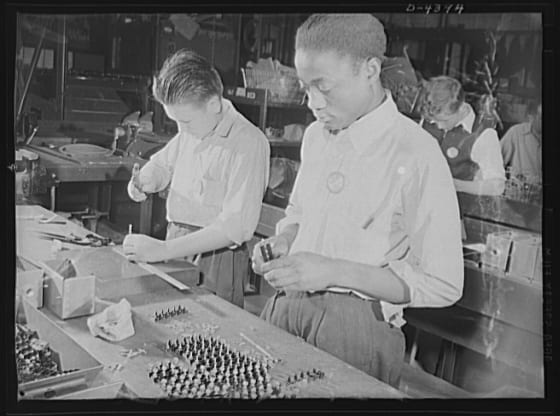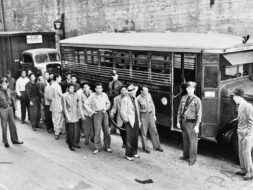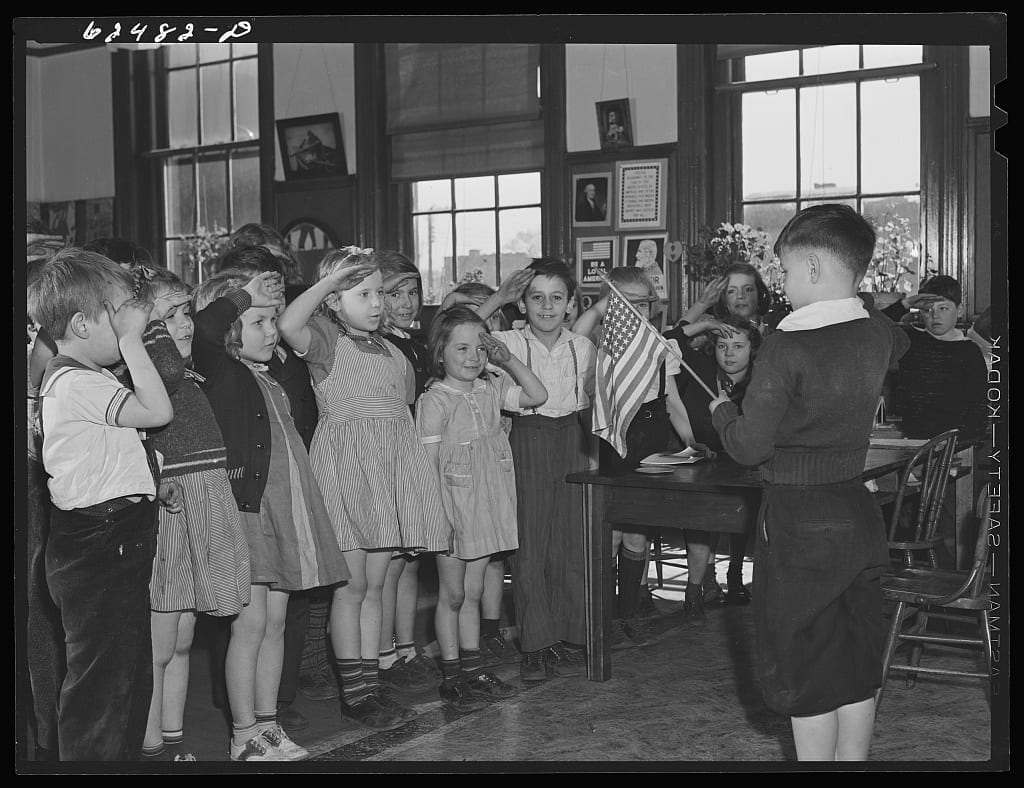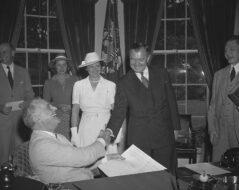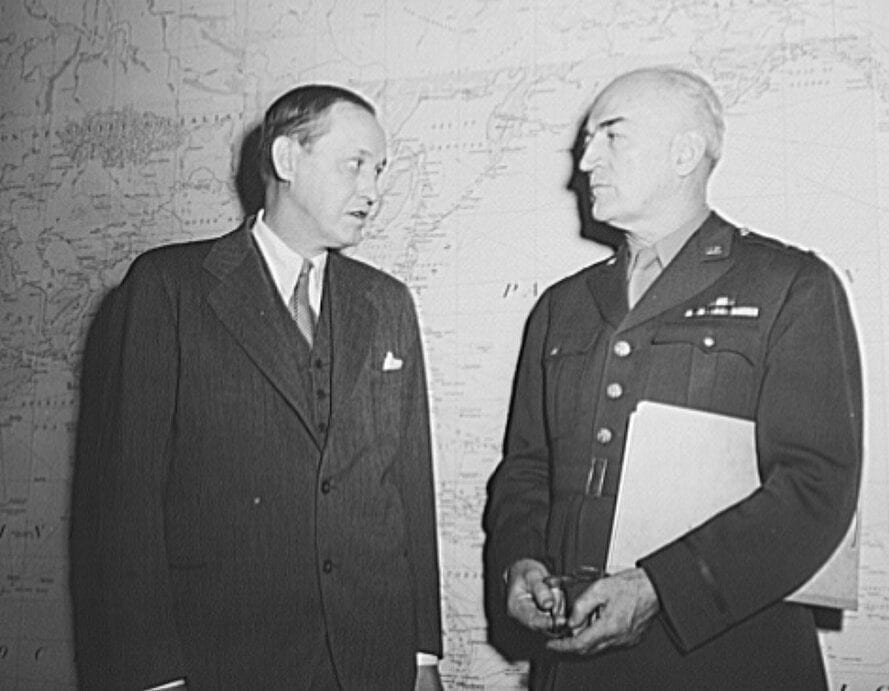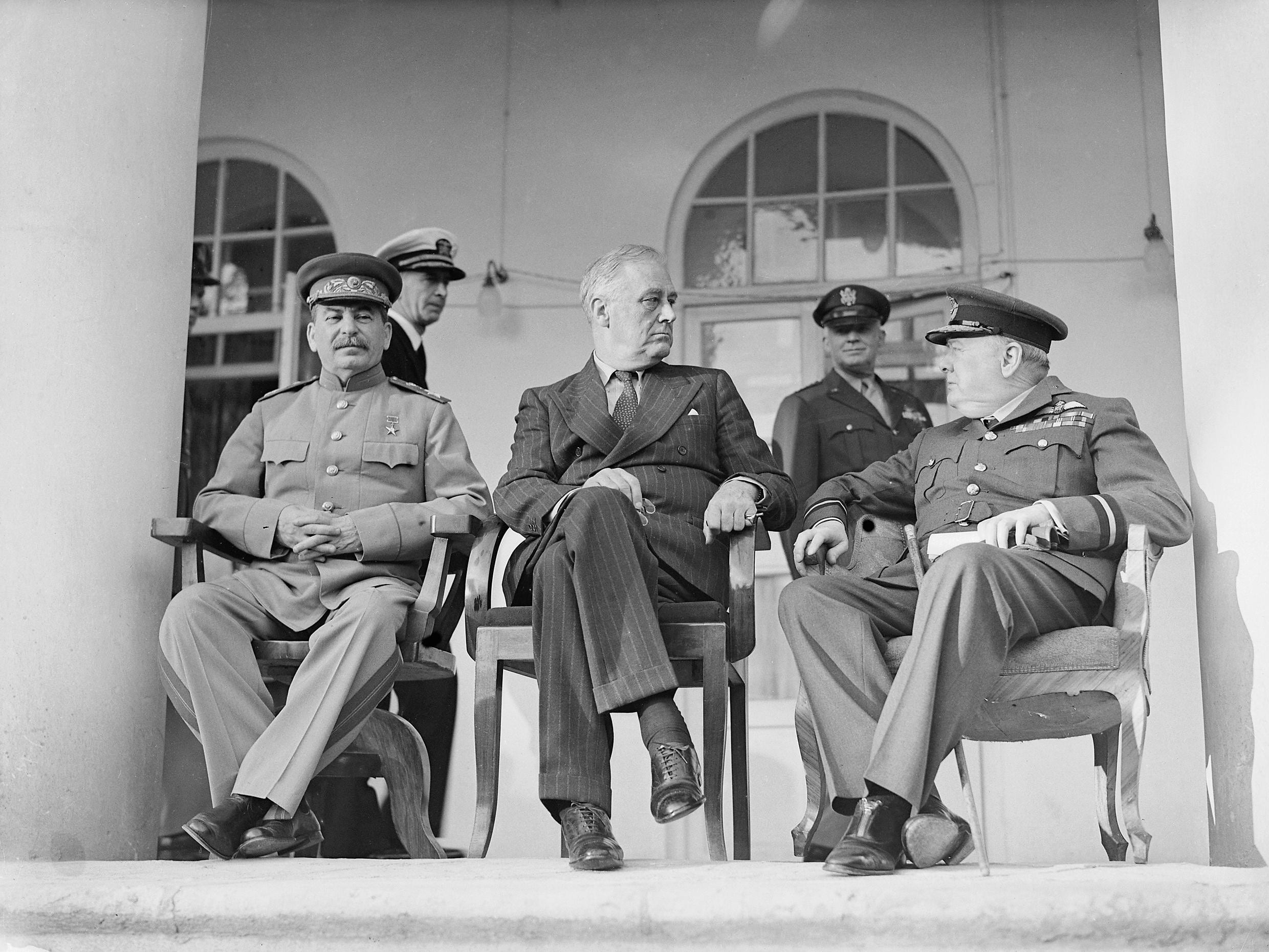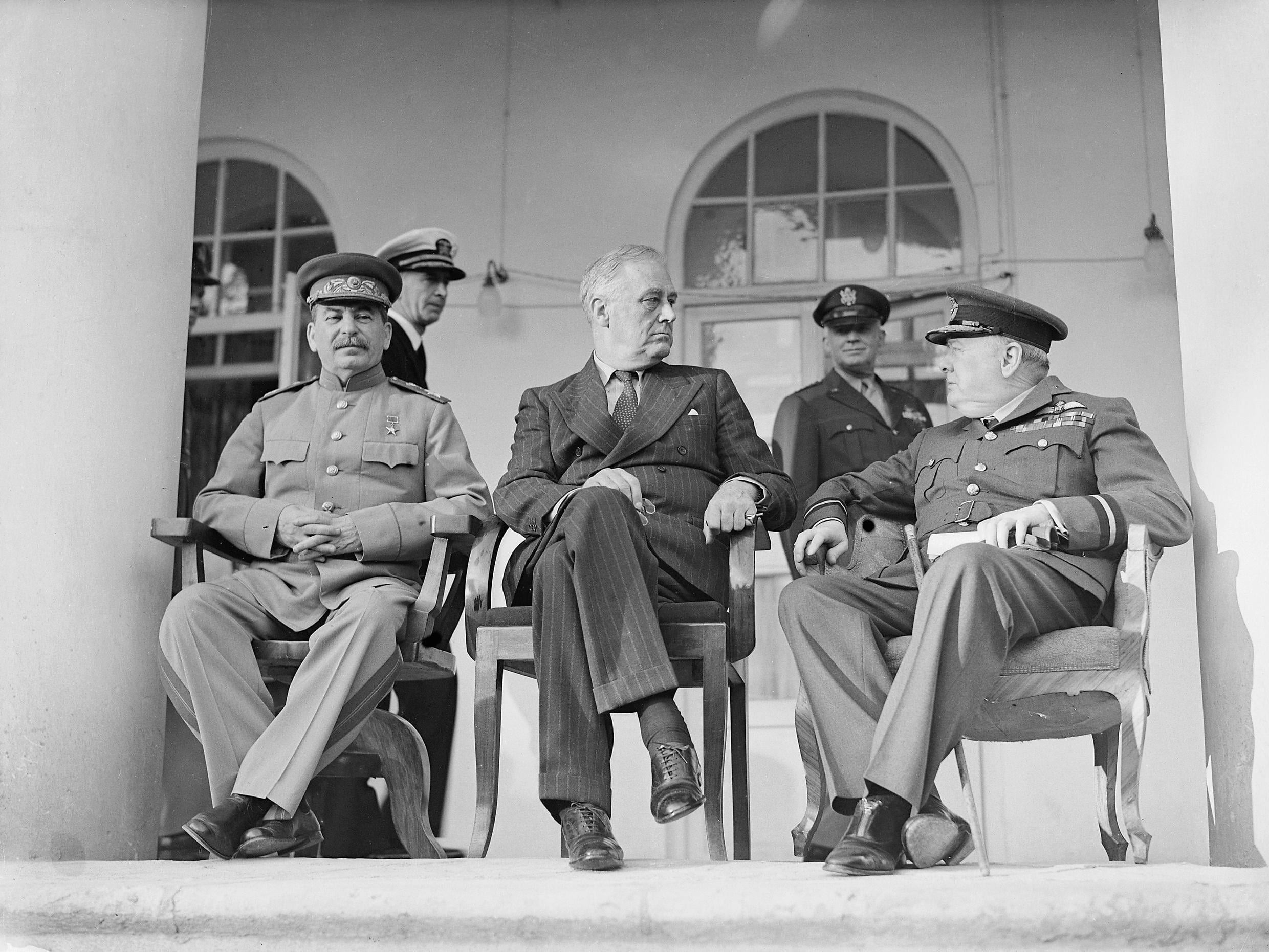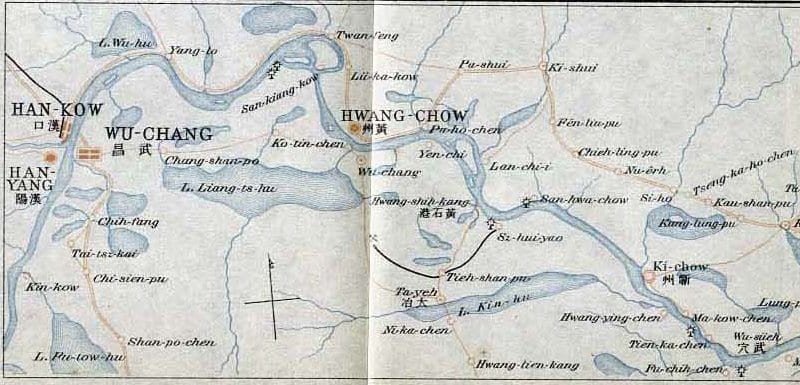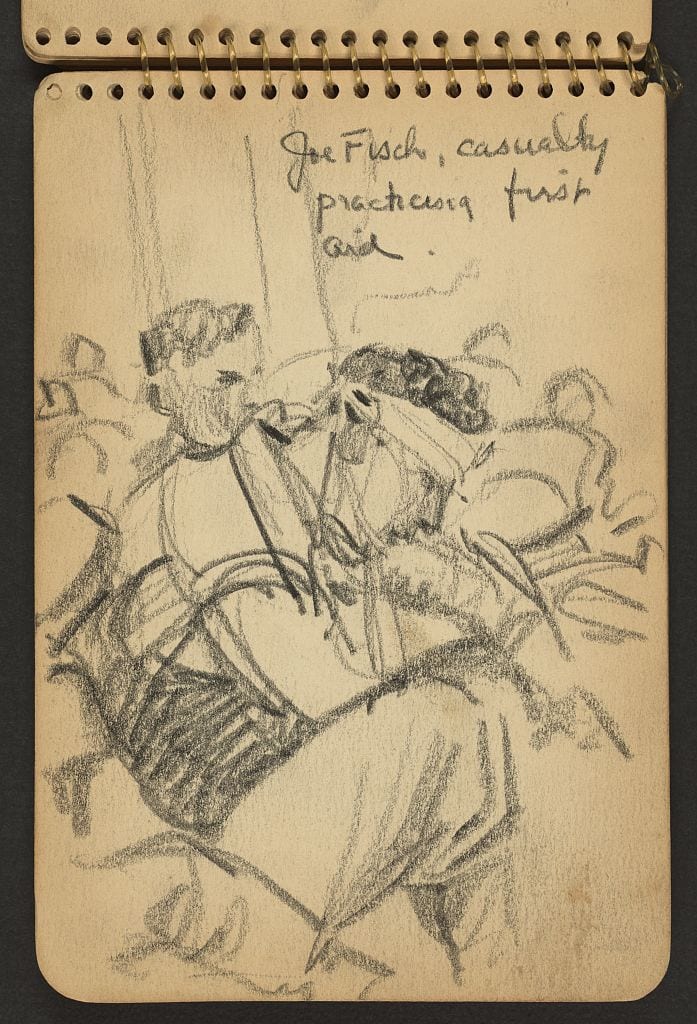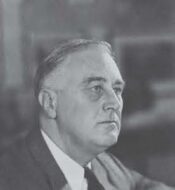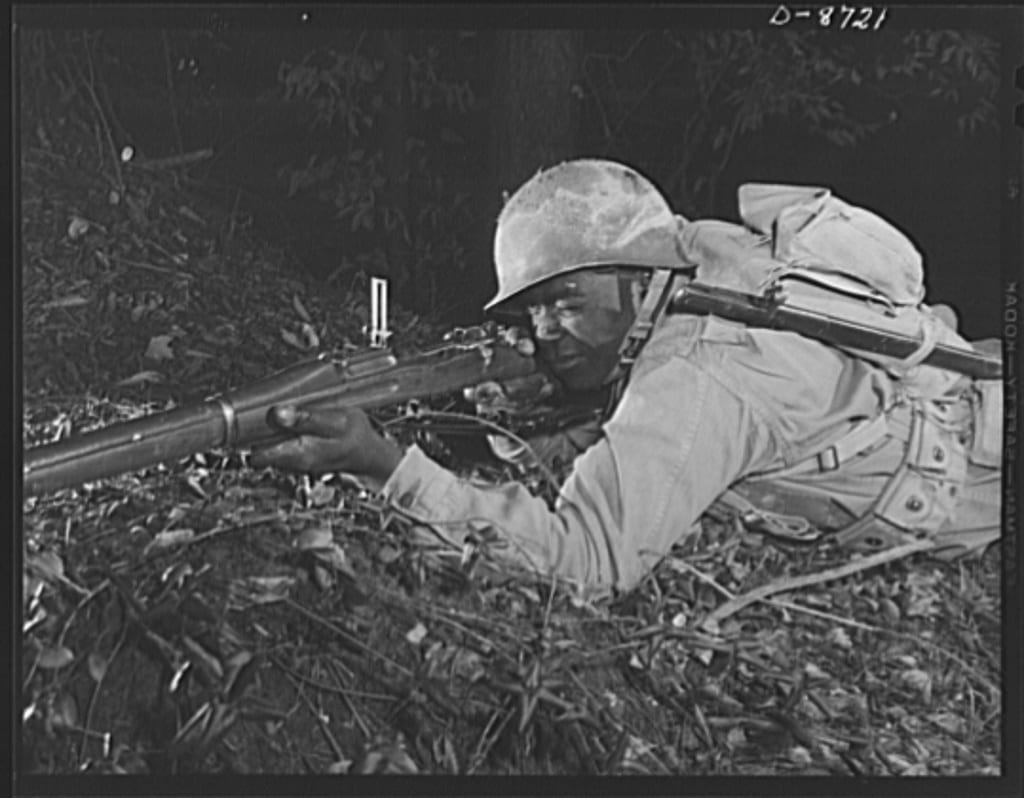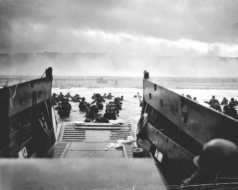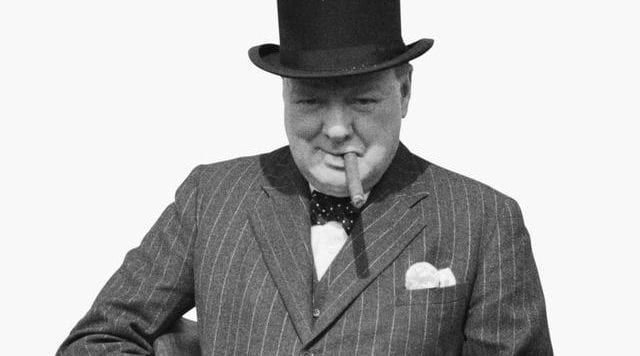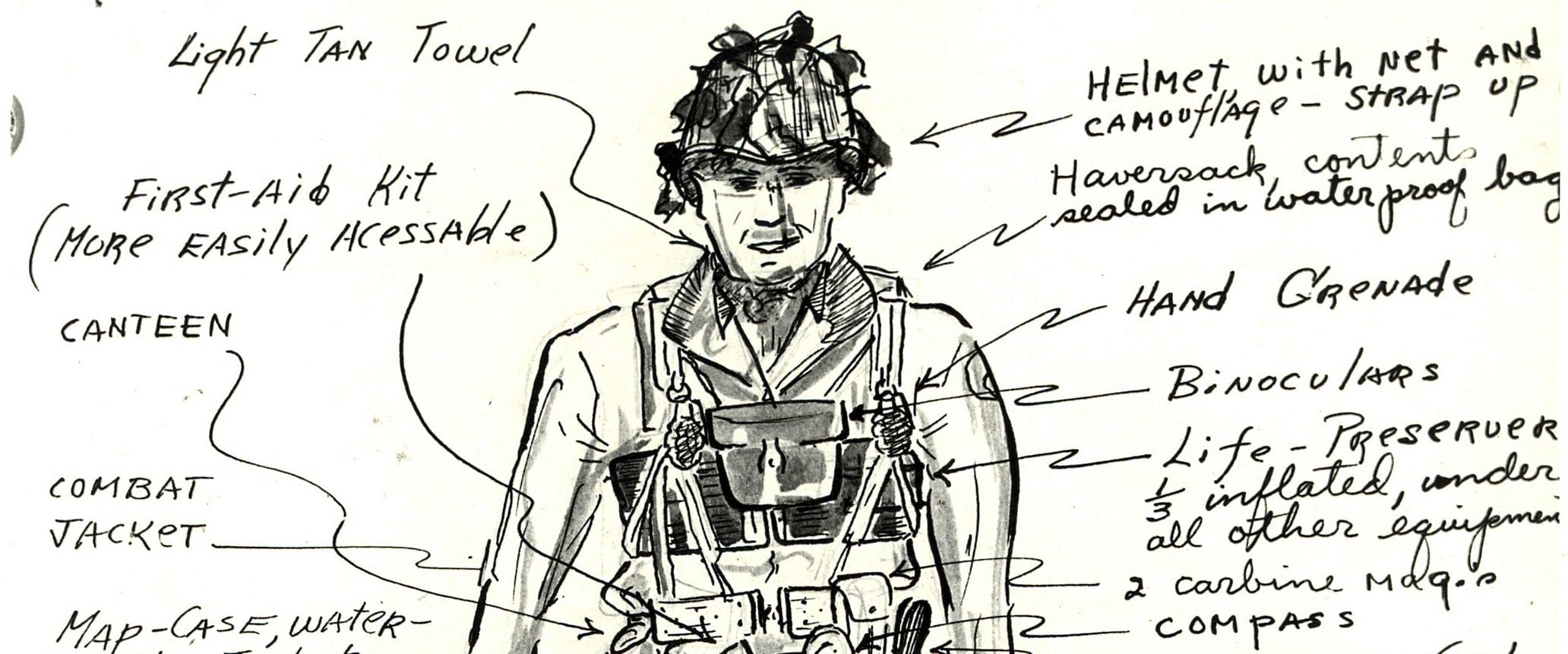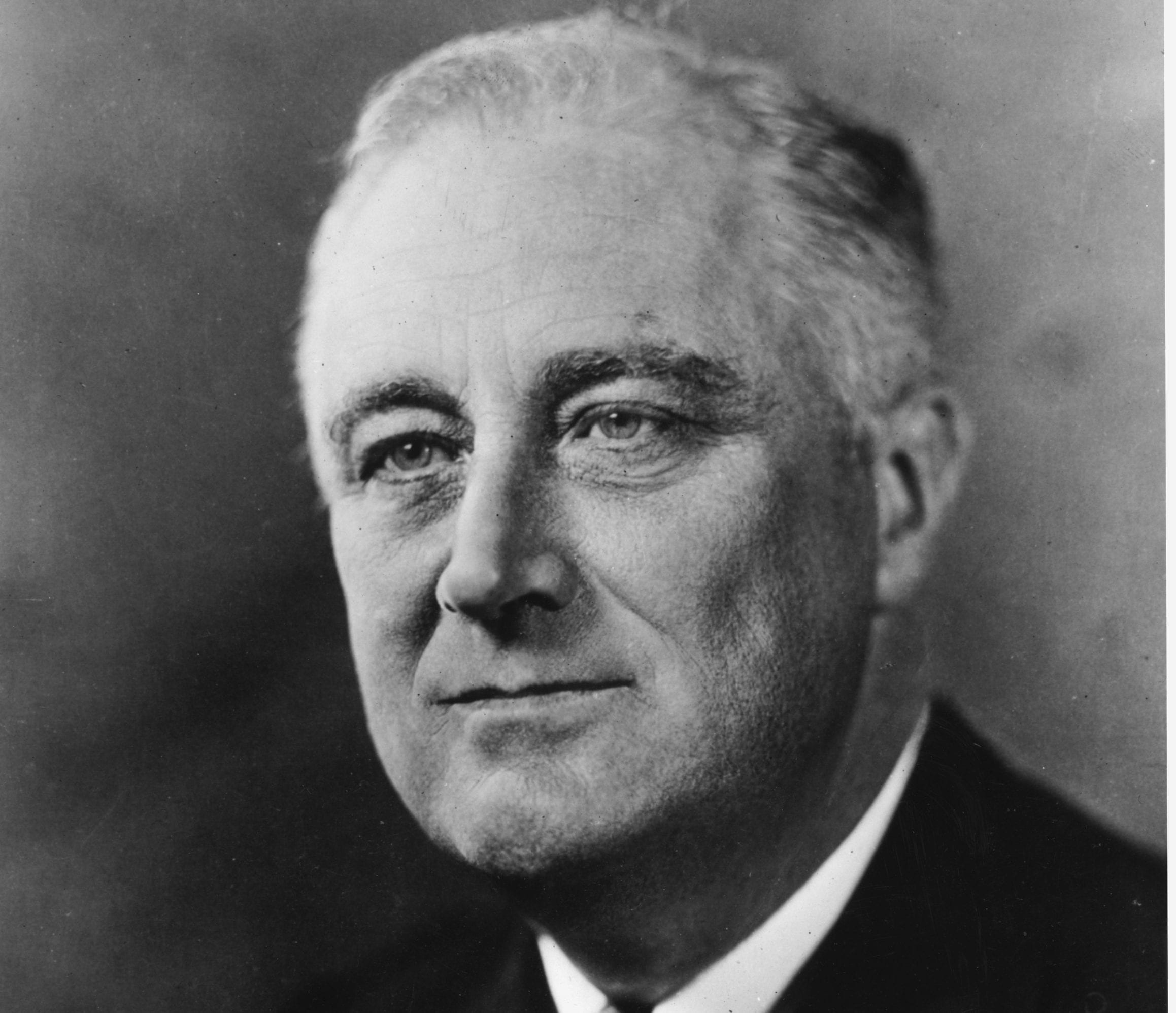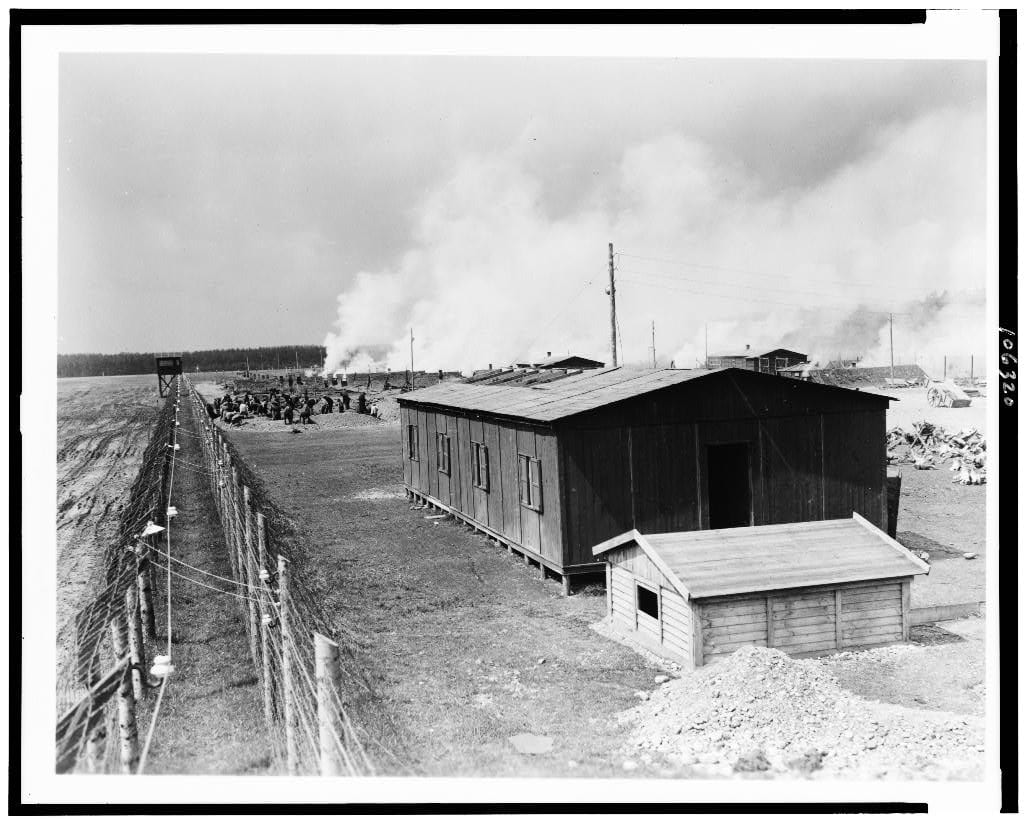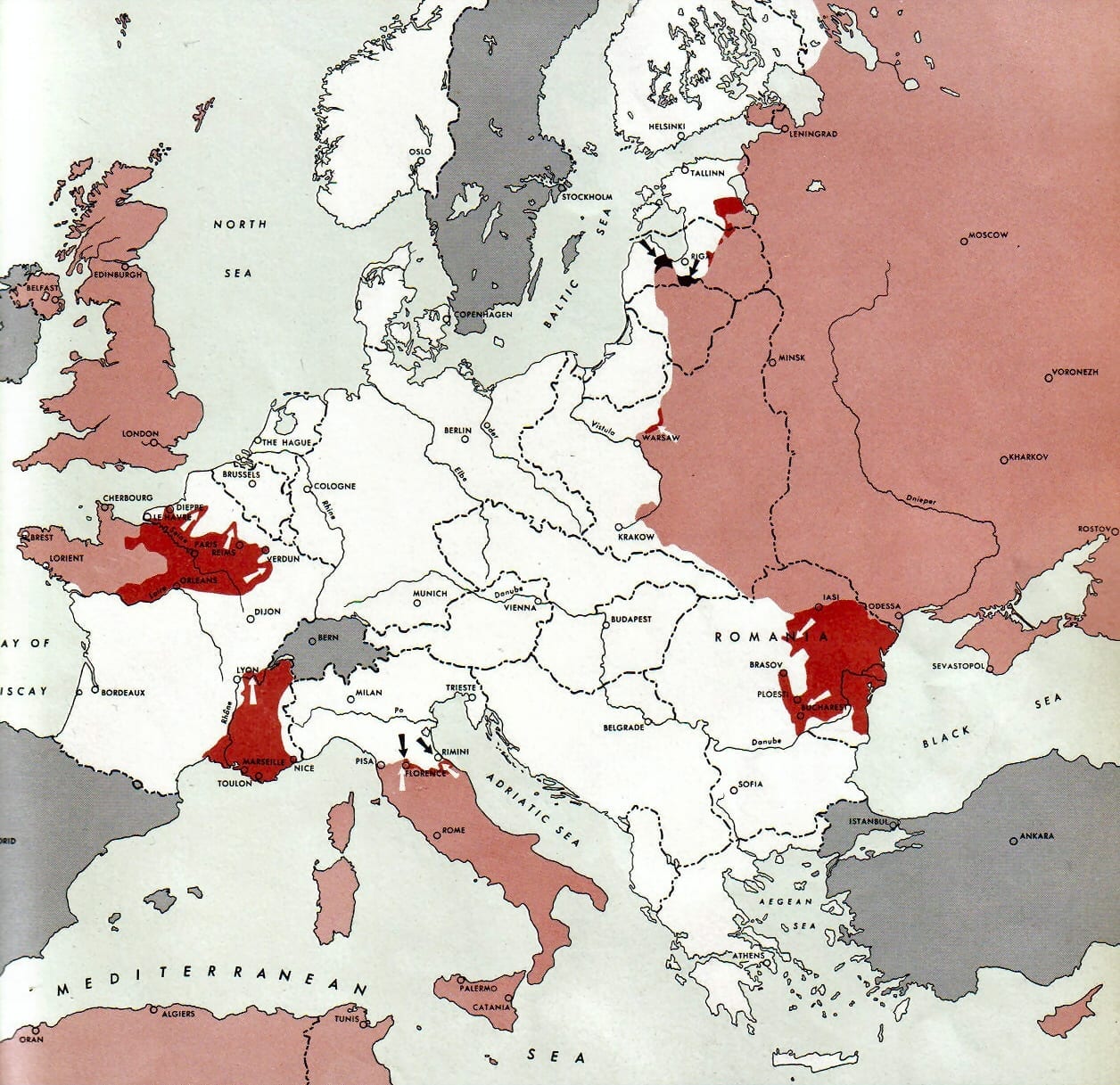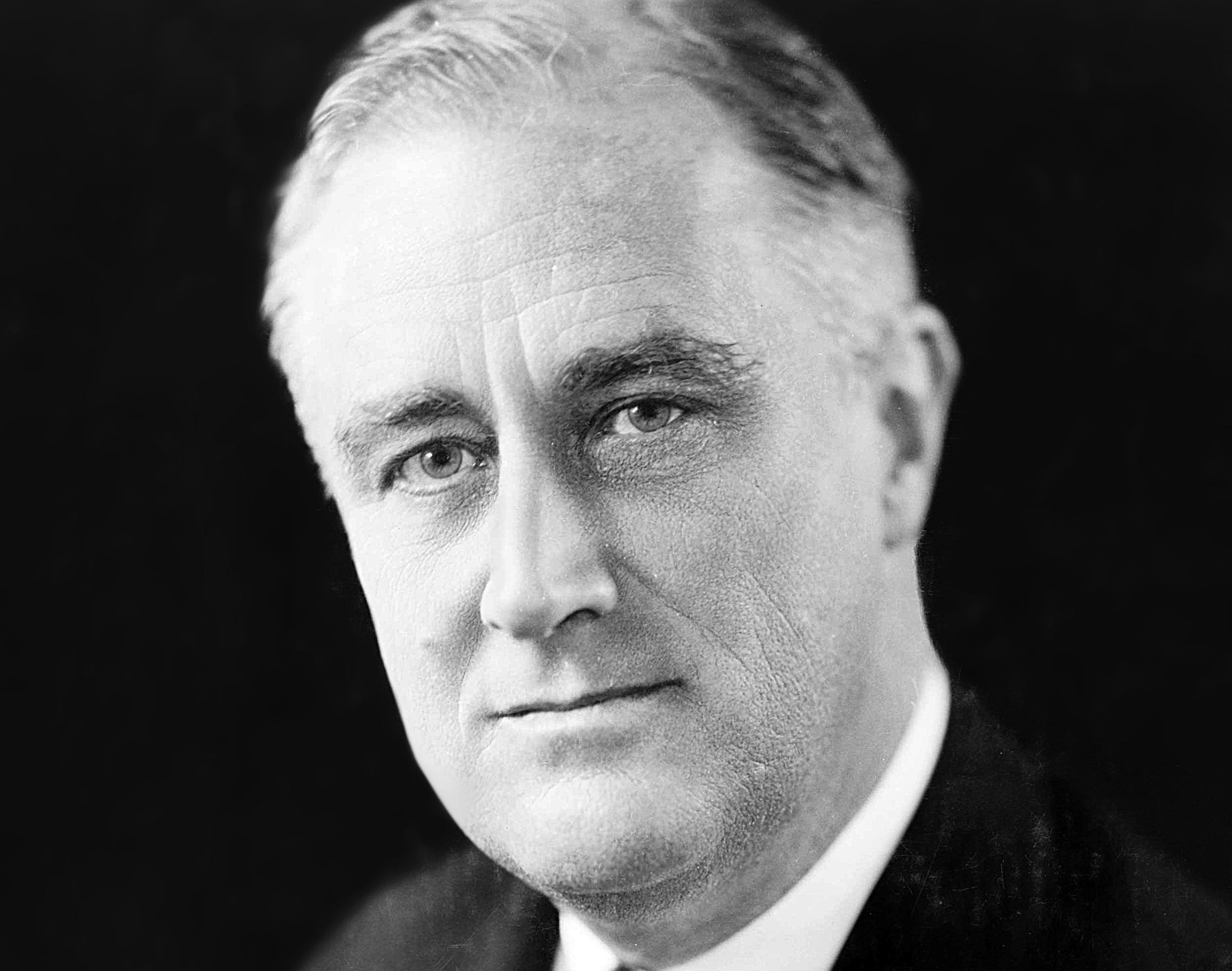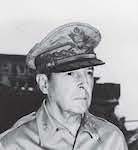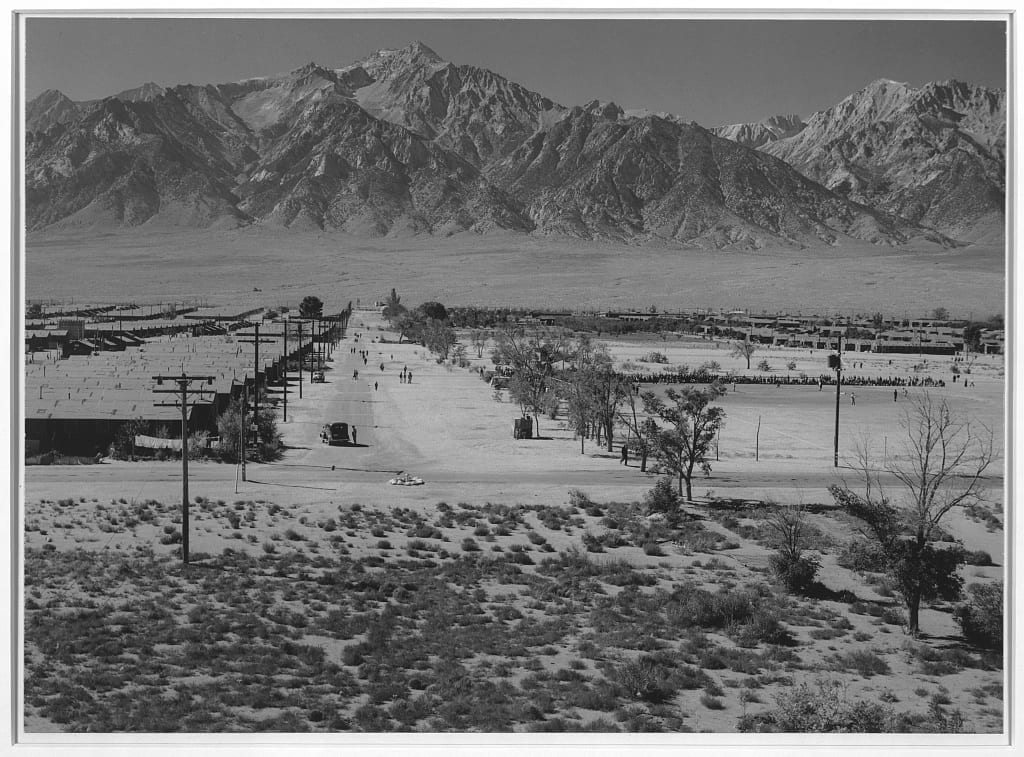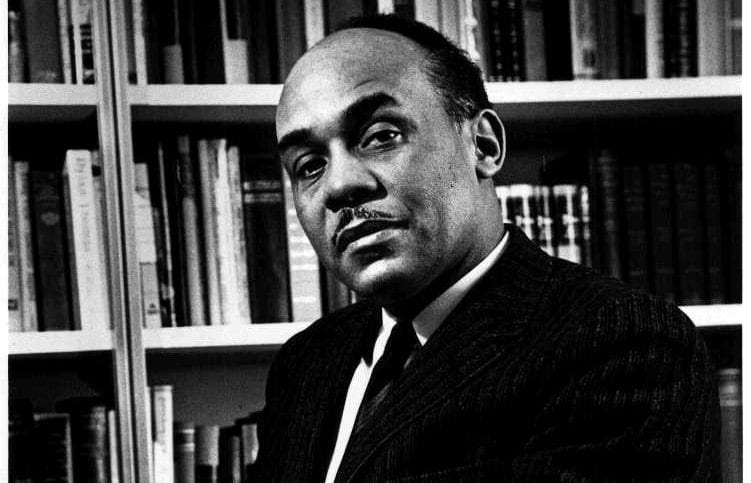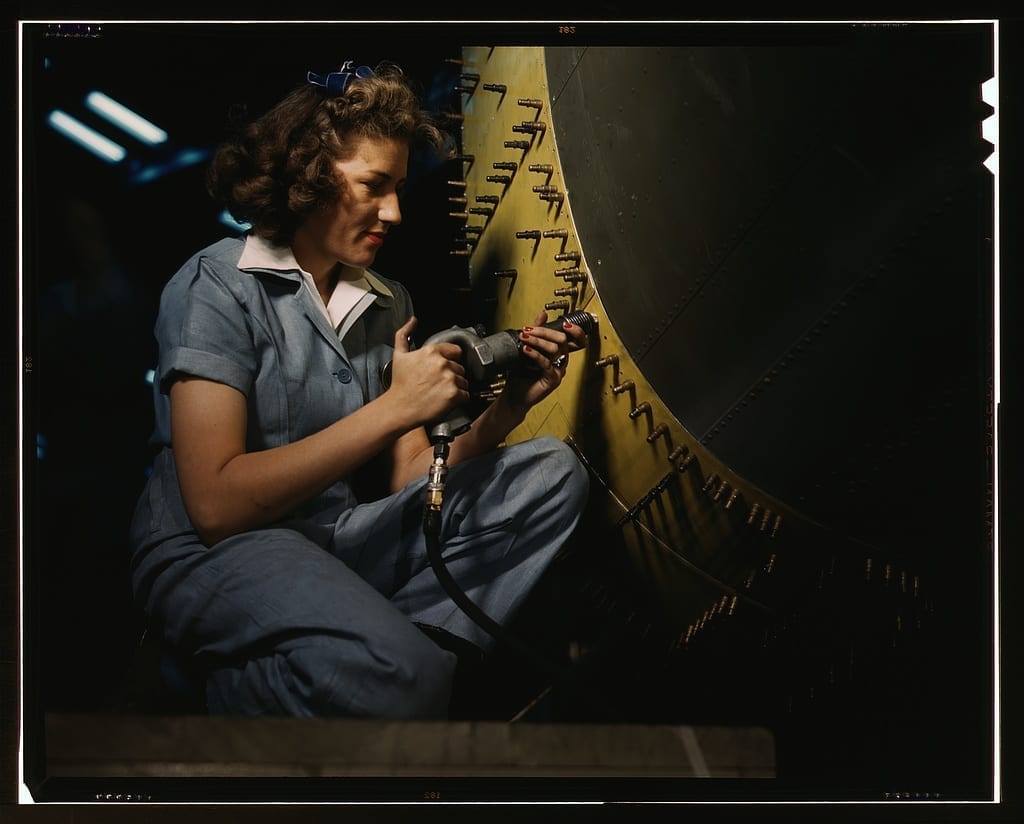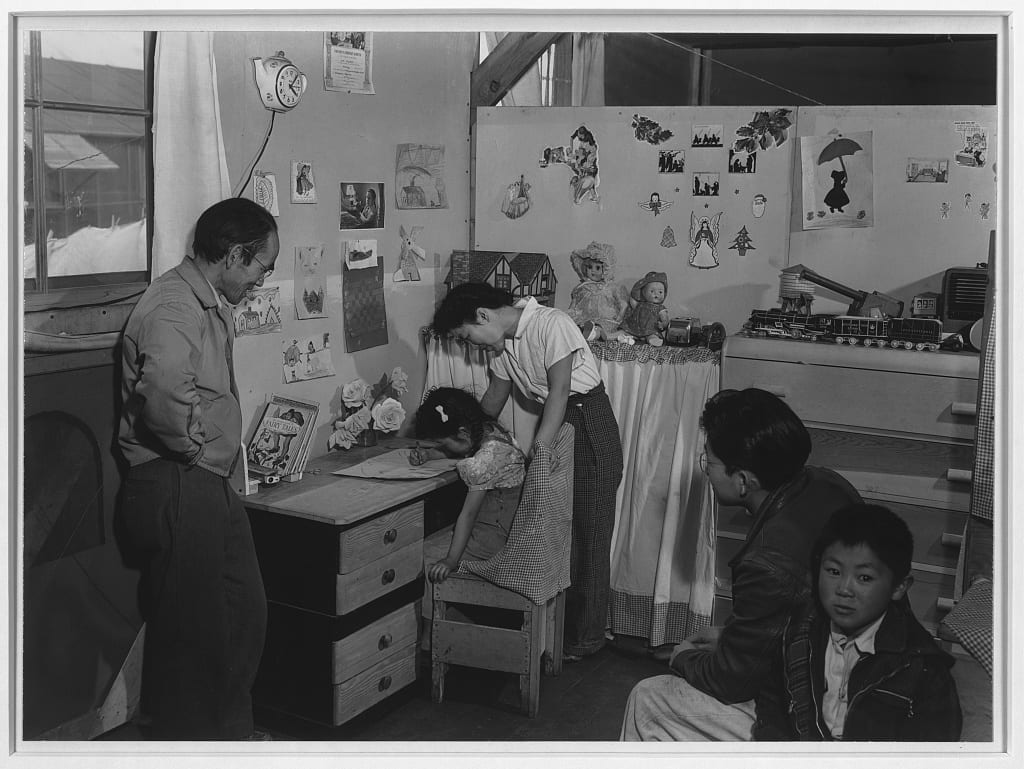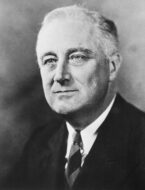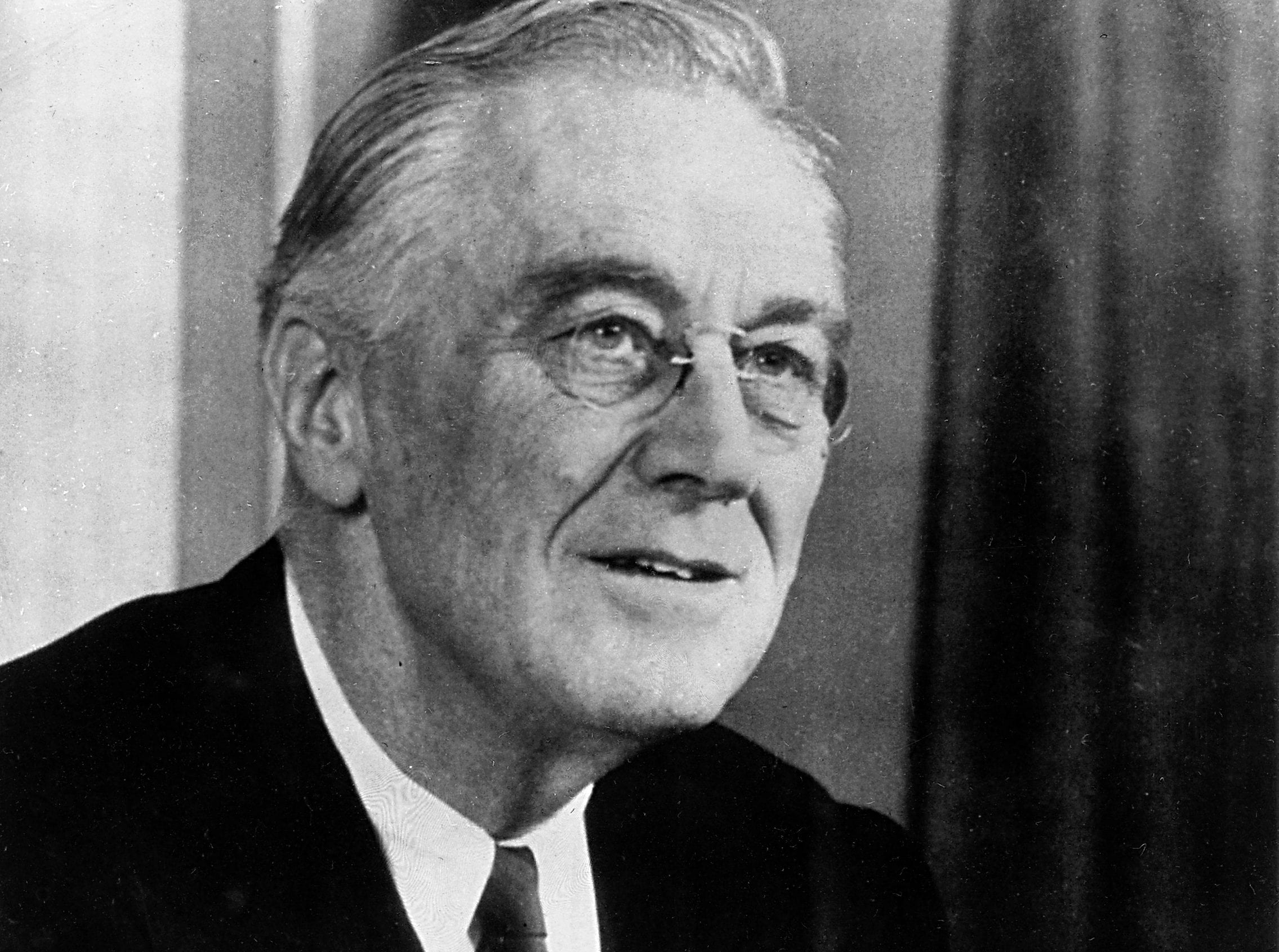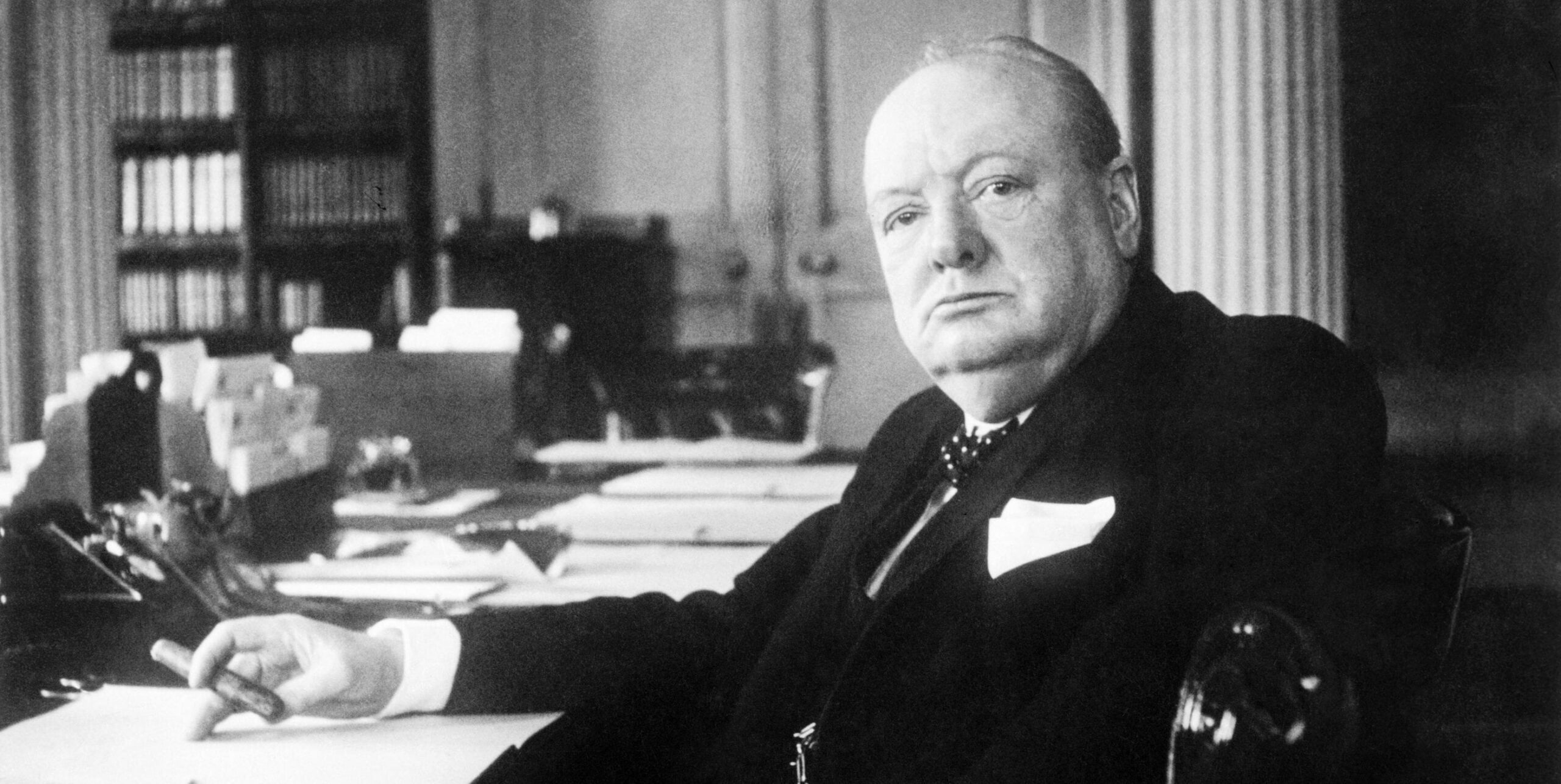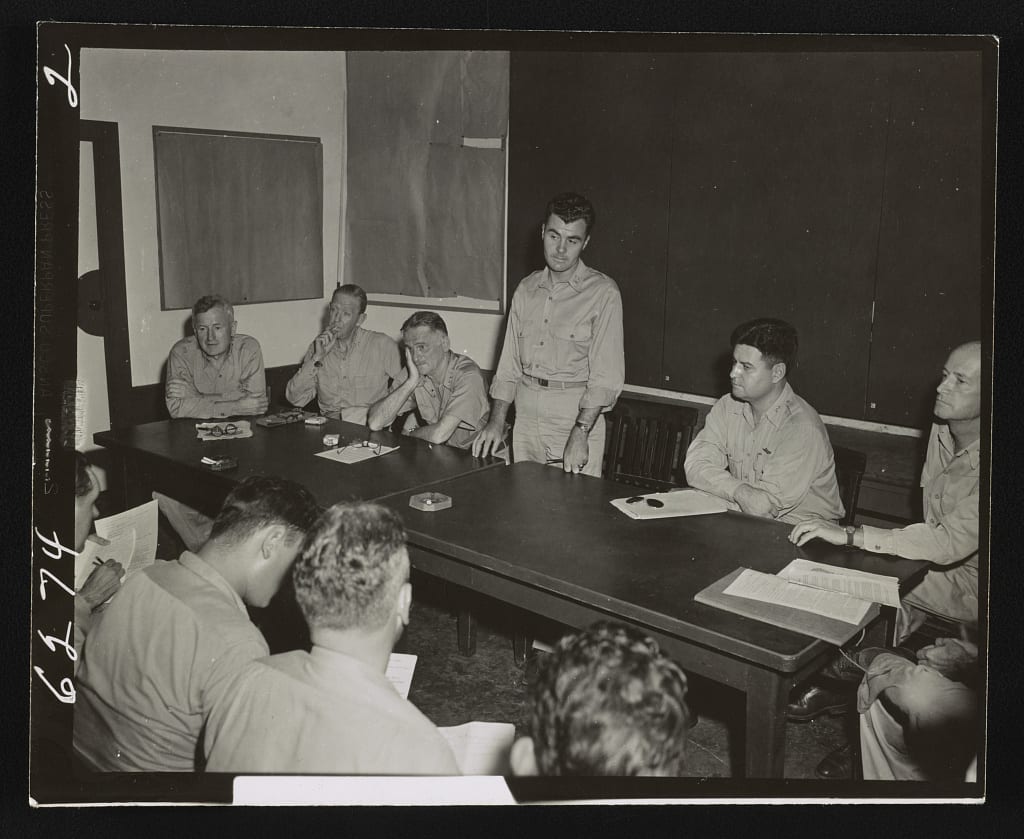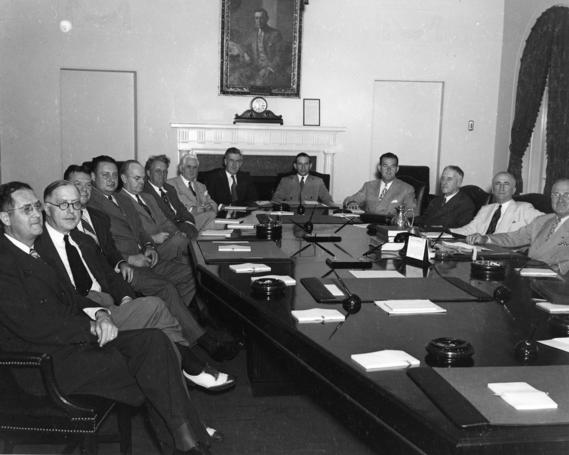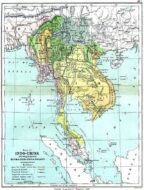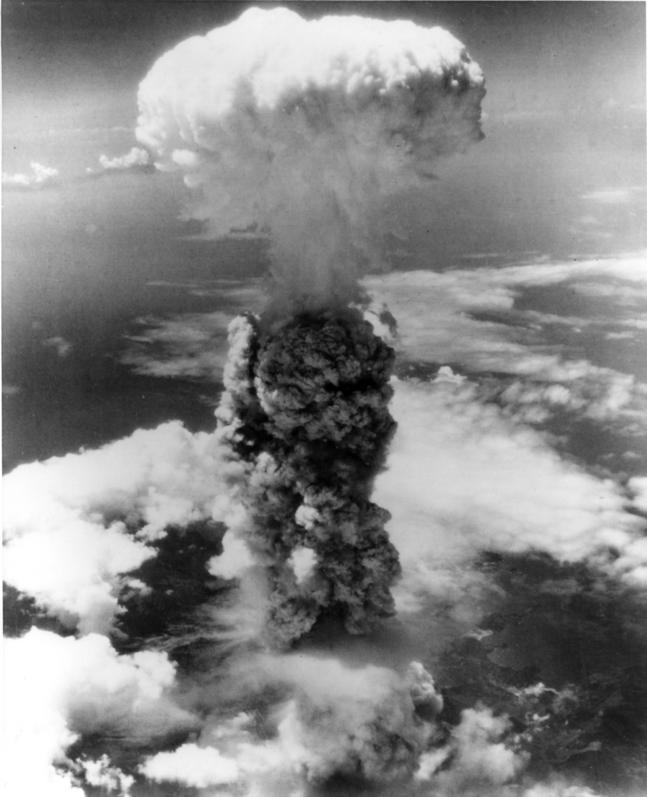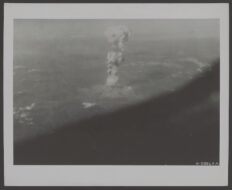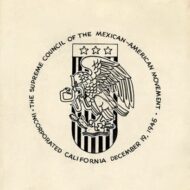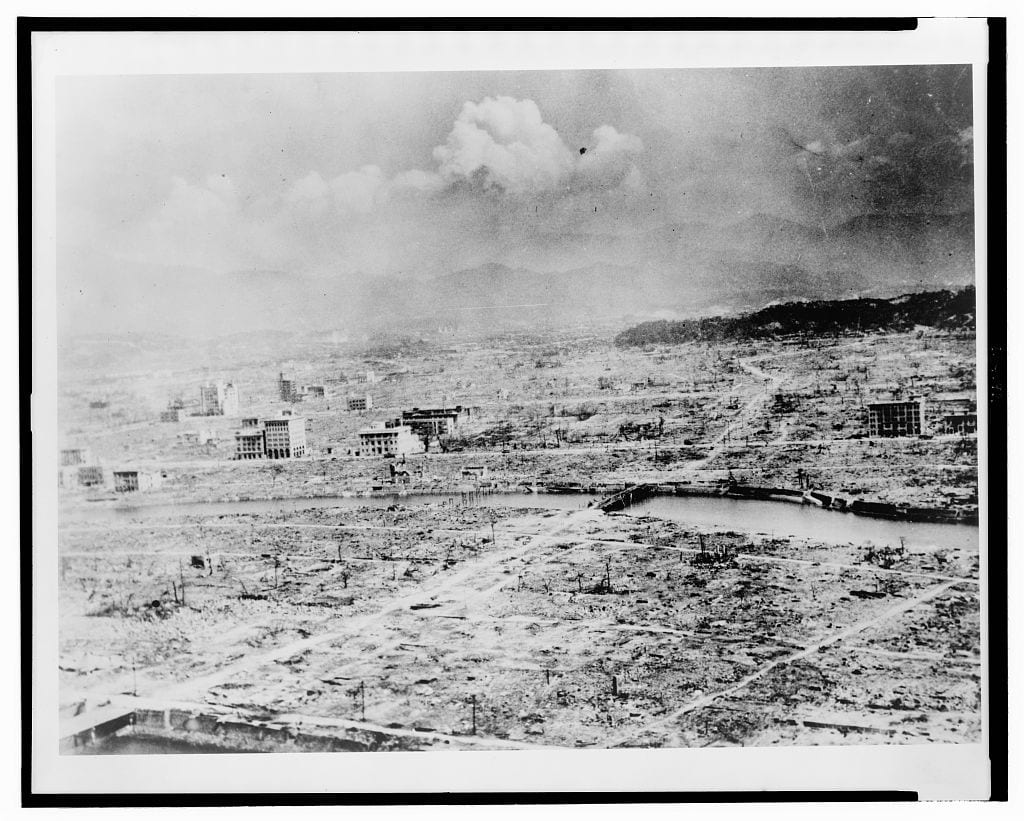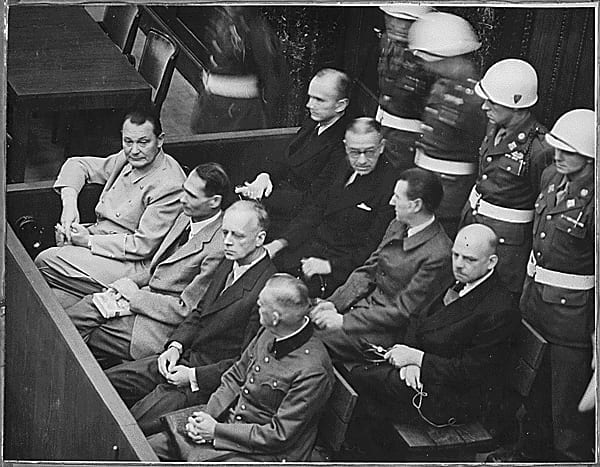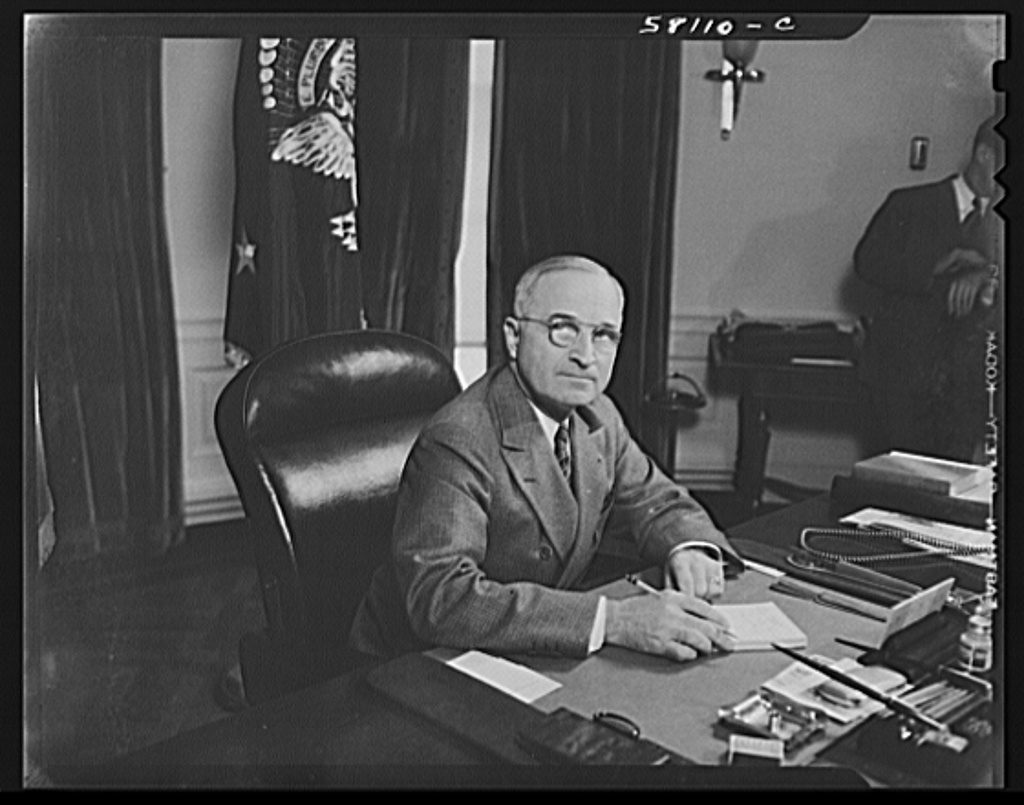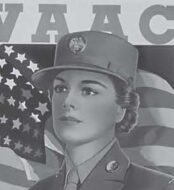

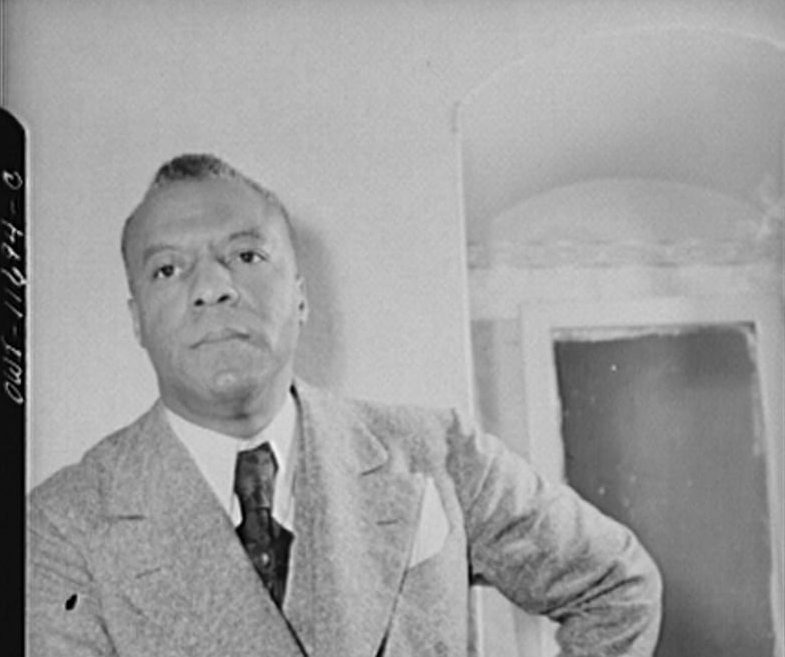
Introduction
As the United States turned its industrial power to fight World War II, civil rights leaders protested the discrimination that kept African Americans from finding employment in defense industries. These protests led President Franklin Roosevelt to issue Executive Order 8802, June 25, 1941, which banned this discrimination. This Executive Order marked the first time since Reconstruction that the federal government had acted to protect the rights of African Americans. The discrimination it was meant to stop continued, however, which led A. Philip Randolph (1889–1979) and others to continue their protests, eventually threatening a protest march on Washington. Roosevelt met with Randolph but was unable to persuade him to call off the march. Instead, in order to avoid the adverse publicity of the march, Roosevelt signed Executive Order 9346, May 27, 1943, which created a strengthened Committee on Fair Employment Practice. As a result, Randolph and his allies called off the march.
Randolph was a major figure in the labor movement, having founded the Brotherhood of Sleeping Car Porters, a union for African American train porters. Randolph believed in the use of collective non-violent action to improve the lot of the working class, including demonstrations and strikes (see Final Report on Negro Subversion). In this article, he proposed adopting a similar approach to combat racial discrimination. During a time when black soldiers and workers were needed to defend the nation, collective action might succeed in pressuring the government to end racial discrimination. Randolph’s essay appeared in the journal Survey Graphic (1921–52), a progressive journal that published articles on various social issues.
Source: A. Philip Randolph, “Why Should We March?” Survey Graphic , 31 (November 1942), pp 488-89. https://goo.gl/ch5w2Q
The March on Washington Movement[1] has taken a leaf out of labor history in turning from industrial to political action. Its mass campaign is headed by the founder of the outstanding Negro union in the country:—by the president of the Brotherhood of Sleeping Car Porters.
Though I have found no Negroes who want to see the United Nations[2] lose this war, I have found many who, before the war ends, want to see the stuffing knocked out of white supremacy and of empire over subject peoples. American Negroes, involved as we are in the general issues of the conflict, are confronted not with a choice but with the challenge both to win democracy for ourselves at home and to help win the war for democracy the world over.
There is no escape from the horns of this dilemma. There ought not to be escape. For if the war for democracy is not won abroad, the fight for democracy cannot be won at home. If this war cannot be won for the white peoples, it will not be won for the darker races.
Conversely, if freedom and equality are not vouchsafed for the peoples of color, the war for democracy will not be won. Unless this double-barreled thesis is accepted and applied, the darker races will never wholeheartedly fight for the victory of the United Nations. That is why those familiar with the thinking of the American Negro have sensed his lack of enthusiasm, whether among the educated or uneducated, rich or poor, professional or non-professional, religious or secular, rural or urban, north, south, east or west.
That is why questions are being raised by Negroes in church, labor union and fraternal society; in poolroom, barbershop, schoolroom, hospital, hair-dressing parlor; on college campus, railroad, and bus. One can hear such questions asked as these: What have Negroes to fight for? What’s the difference between Hitler and the “cracker” Talmadge of Georgia?[3] Why has a man got to be Jim Crowed[4] to die for democracy? If you haven’t got democracy yourself, how can you carry it to somebody else?
What are the reasons for this state of mind? The answer is: discrimination, segregation, Jim Crow. Witness the navy, the army, the air corps; and also government services at Washington. In many parts of the South, Negroes in Uncle Sam’s uniform are being put upon, mobbed, sometimes even shot down by civilian and military people, and on occasion lynched. Vested political interests in race prejudice are so deeply entrenched that to them winning the war against Hitler is secondary to preventing Negroes from winning democracy for themselves. This is worth many divisions to Hitler and Hirohito.[5] While labor, business, and farm are subjected to ceilings and floors and not allowed to carry on as usual, these interests trade in the dangerous business of race and hate as usual.[6]
When the defense program began and billions of taxpayers’ money were appropriated for guns, ships, tanks, and bombs, Negroes presented themselves for work only to be given the cold shoulder. North as well as South, and despite qualifications, Negroes were denied skilled employment. Not until their wrath and indignation took the form of a proposed protest march on Washington, scheduled for July 1, 1941, did things begin to move in the form of defense jobs for Negroes. The march was postponed by the timely issuance (June 25, 1941) of the famous Executive Order No. 8802 by President Roosevelt. But this order and the President’s Committee on Fair Employment Practice, established thereunder, have as yet only scratched the surface by way of eliminating discrimination on account of race or color in war industry. Both management and labor unions in too many places and too many ways are still drawing the color line.
It is to meet this situation squarely with direct action that the March on Washington Movement launched its present program of protest mass meetings. Twenty thousand were in attendance at Madison Square Garden, June 16; sixteen thousand in the Coliseum in Chicago, June 26; nine thousand in the City Auditorium of St. Louis, August 14. Meetings of such magnitude were unprecedented among Negroes.[7] The vast throngs were drawn from all walks and levels of Negro life—businessmen, teachers, laundry workers, Pullman porters, waiters, and red caps;[8] preachers, crapshooters, and social workers; jitterbugs and Ph.D’s. They came and sat in silence, thinking, applauding only when they considered the truth was told, when they felt strongly that something was going to be done about it.
The March on Washington Movement is essentially a movement of the people. It is all Negro and pro-Negro, but not for that reason anti-white or anti-Semitic, or anti-Catholic, or anti-foreign, or anti-labor. Its major weapon is the non-violent demonstration of Negro mass power. Negro leadership has united back of its drive for jobs and justice. “Whether Negroes should focus on Washington, and if so, when?” will be the focus of a forthcoming national conference. For the plan of a protest march has not been abandoned. Its purpose would be to demonstrate that American Negroes are in deadly earnest, and all out for their full rights. No power on earth can cause them today to abandon their fight to wipe out every vestige of second-class citizenship and the dual standards that plague them.
A community is democratic only when the humblest and weakest person can enjoy the highest civil, economic, and social rights that the biggest and most powerful possess. To trample on these rights of both Negroes and poor whites is such a commonplace in the South that it takes readily to anti-social, anti-labor, anti-Semitic and anti-Catholic propaganda. It was because of laxness in enforcing the Weimar constitution[9] in republican Germany that Nazism made headway. Oppression of the Negroes in the United States, like suppression of the Jews in Germany, may open the way for fascist dictatorship. By fighting for their rights now, American Negroes are helping to make America a moral and spiritual arsenal for democracy. Their fight against the poll tax, against lynch law, segregation, and Jim Crow, their fight for economic, political, and social equality, thus becomes part of the global war for freedom.
PROGRAM OF THE MARCH ON WASHINGTON MOVEMENT
- We demand, in the interest of national unity, the abrogation of every law which makes a distinction in treatment between citizens based on religion, creed, color, or national origin. This means an end to Jim Crow in education, in housing, in transportation and in every other social, economic, and political privilege; and especially, we demand, in the capital of the nation, an end to all segregation in public places and in public institutions.
- We demand legislation to enforce the Fifth and Fourteenth Amendments guaranteeing that no person shall be deprived of life, liberty or property without due process of law, so that the full weight of the national government may be used for the protection of life and thereby may end the disgrace of lynching.
- We demand the enforcement of the Fourteenth and Fifteenth Amendments and the enactment of the Pepper Poll Tax bill[10] so that all barriers in the exercise of the suffrage are eliminated.
- We demand the abolition of segregation and discrimination in the army, navy, marine corps, air corps, and all other branches of national defense.
- We demand an end to discrimination in jobs and job training. Further, we demand that the FEPC [Fair Employment Practices Committee] be made a permanent administrative agency of the U.S. Government and that it be given power to enforce its decisions based on its findings.
- We demand that federal funds be withheld from any agency which practices discrimination in the use of such funds.
- We demand colored and minority group representation on all administrative agencies so that these groups may have recognition of their democratic right to participate in formulating policies.
- We demand representation for the colored and minority racial groups on all missions, political and technical, which will be sent to the peace conference so that the interests of all people everywhere may be fully recognized and justly provided for in the post-war settlement.
- 1. The name of the organization attempting to organize a march on Washington to protest segregation in the Armed Force
- 2. The term “United Nations” was first used in a statement issued January 1, 1942, by the United States, Great Britain, the USSR, and 23 other nations, pledging to continue fighting the Axis powers.
- 3. Eugene Talmadge (D) was the vehemently racist and anti-union governor of Georgia. “Cracker” is a derogatory term for Southern whites, originally applied to backwoods inhabitants of Georgia and Florida, perhaps because of their cracked-corn diet.
- 4. “Jim Crow” was the name for the system of state laws that imposed segregation in the south after Reconstruction. “Jim Crow” was originally a character in minstrel shows that caricatured an African American.
- 5. Hirohito was the emperor of Japan.
- 6. “Ceilings” and “floors” refers to various sorts of controls imposed on business and commerce during the New Deal and World War II.
- 7. Footnote in original: In view of charges made that they were subsidized by Nazi funds, it may not be amiss to point out that of the $8,000 expenses of the Madison Square meeting every dime was contributed by Negroes themselves, except for tickets bought by some liberal white organizations.
- 8. Railway station porters
- 9. The Weimar Constitution was written and implemented in late 1918. Although it broadly extended the franchise, it granted “emergency” powers to the president that Hitler would exploit to gain autocratic power.
- 10. Senator Claude Pepper (D-Florida) regularly introduced a bill to ban poll taxes in Federal elections. It regularly failed to gain support. In 1942, for example, his bill was filibustered by Southern Senators, and the Senate voted in November not to limit debate on it, effectively ending its chances of passage.
Why Should We March?
November 31, 1942
Conversation-based seminars for collegial PD, one-day and multi-day seminars, graduate credit seminars (MA degree), online and in-person.

